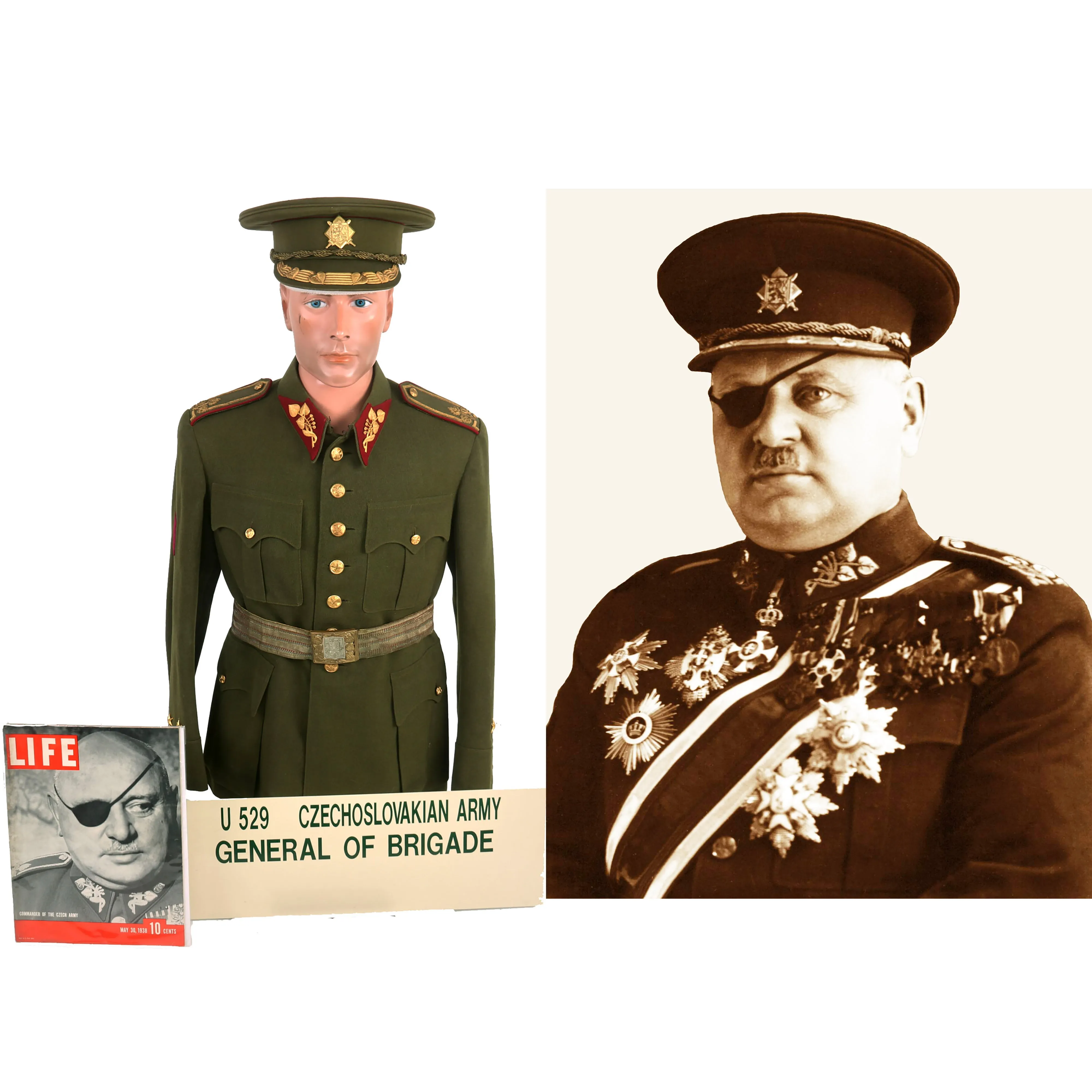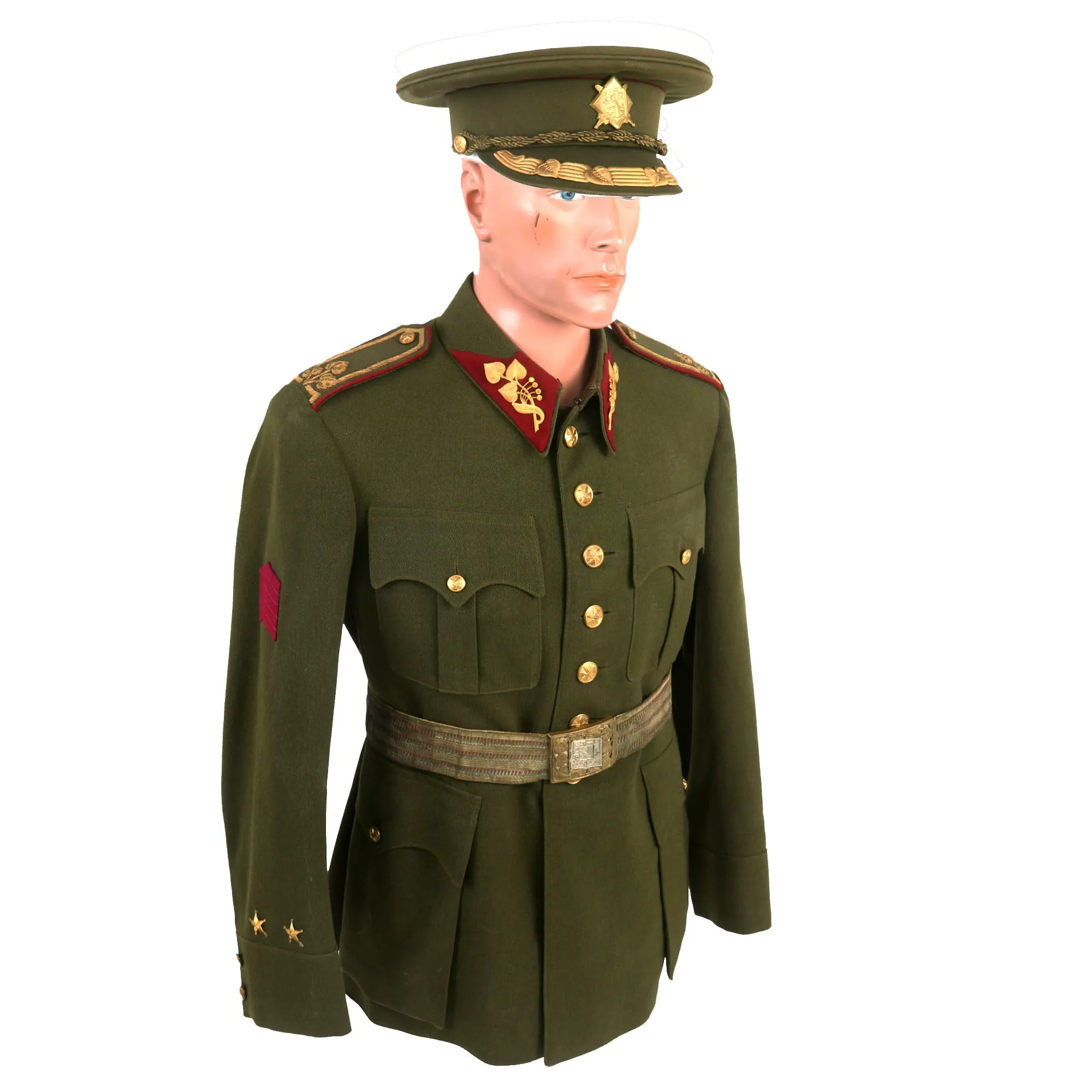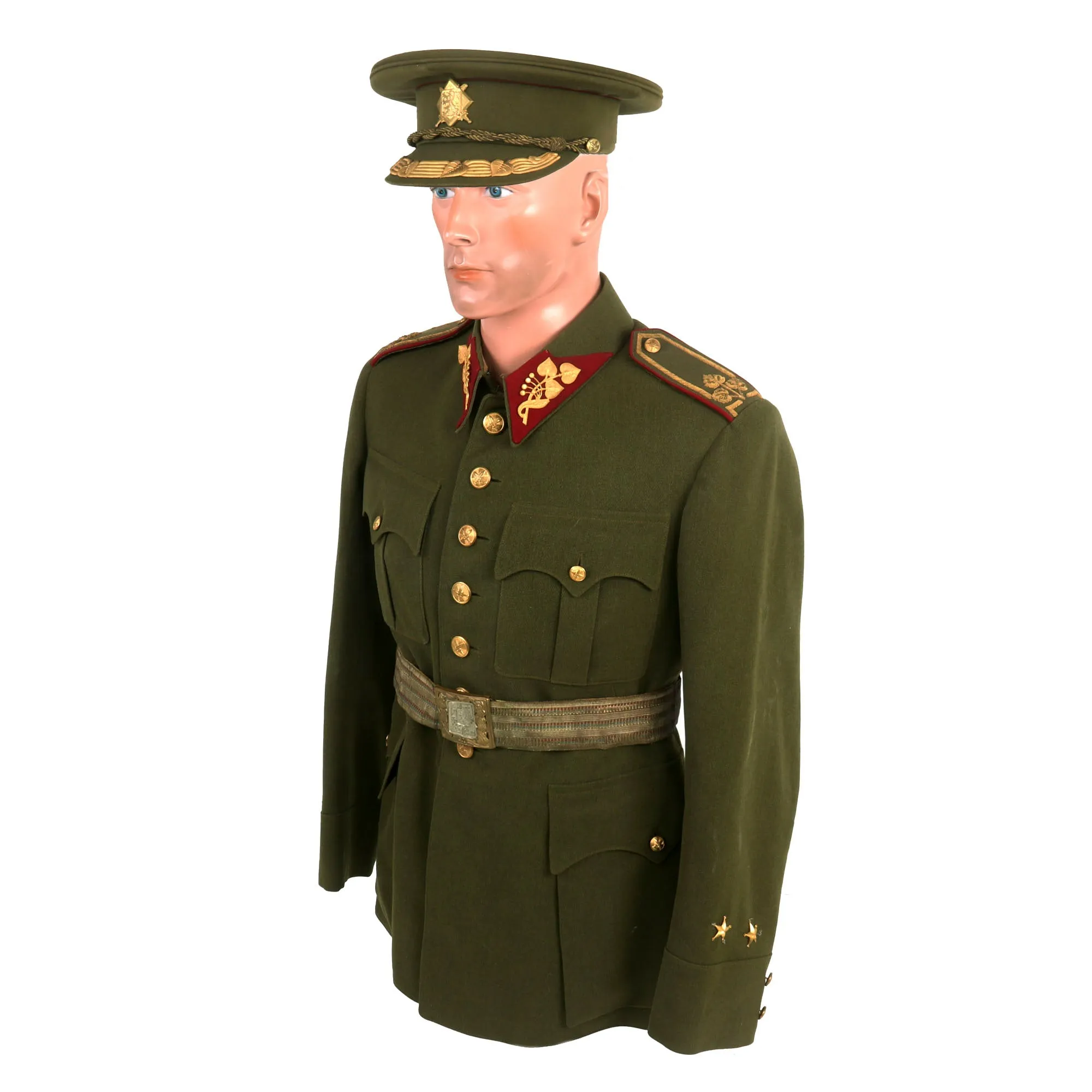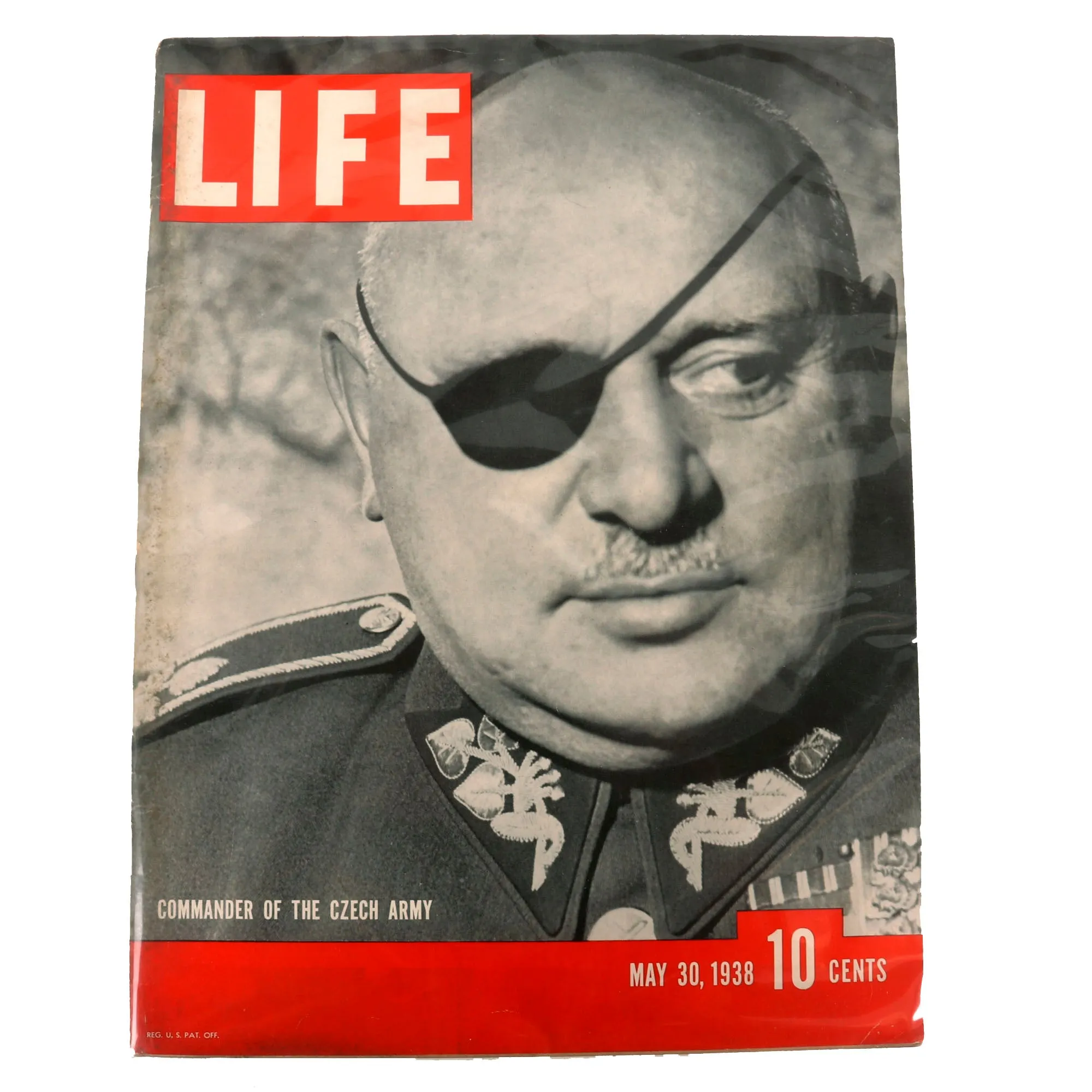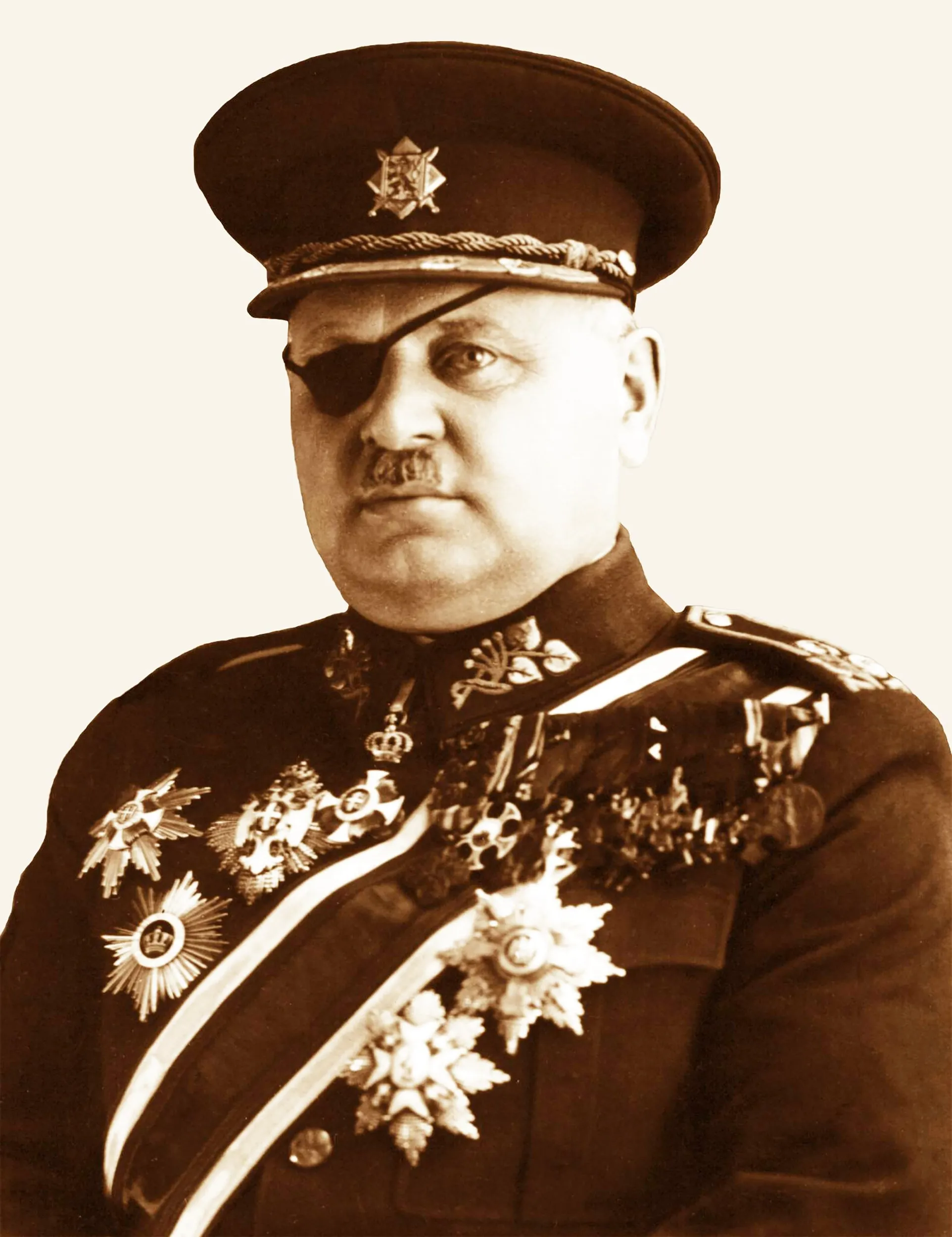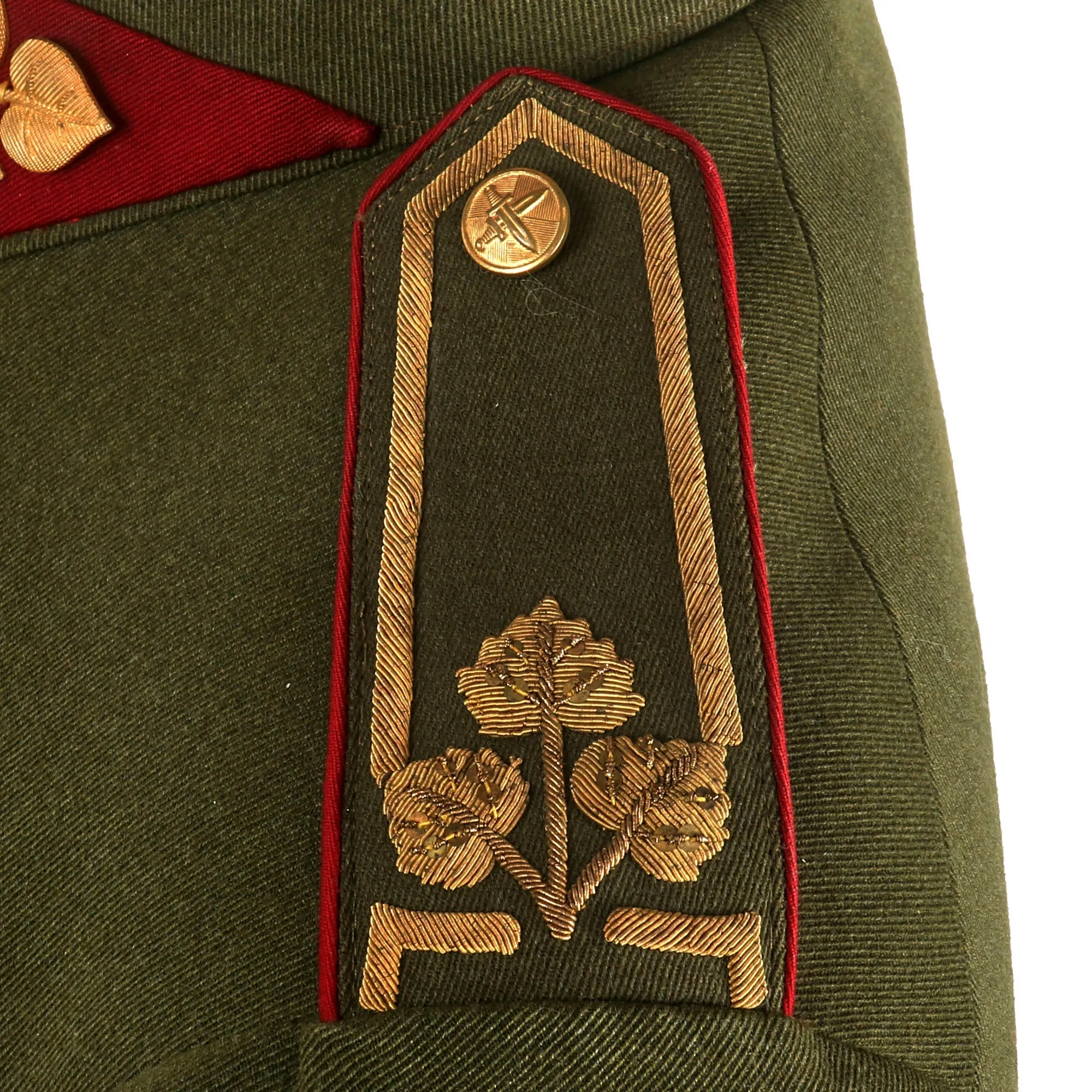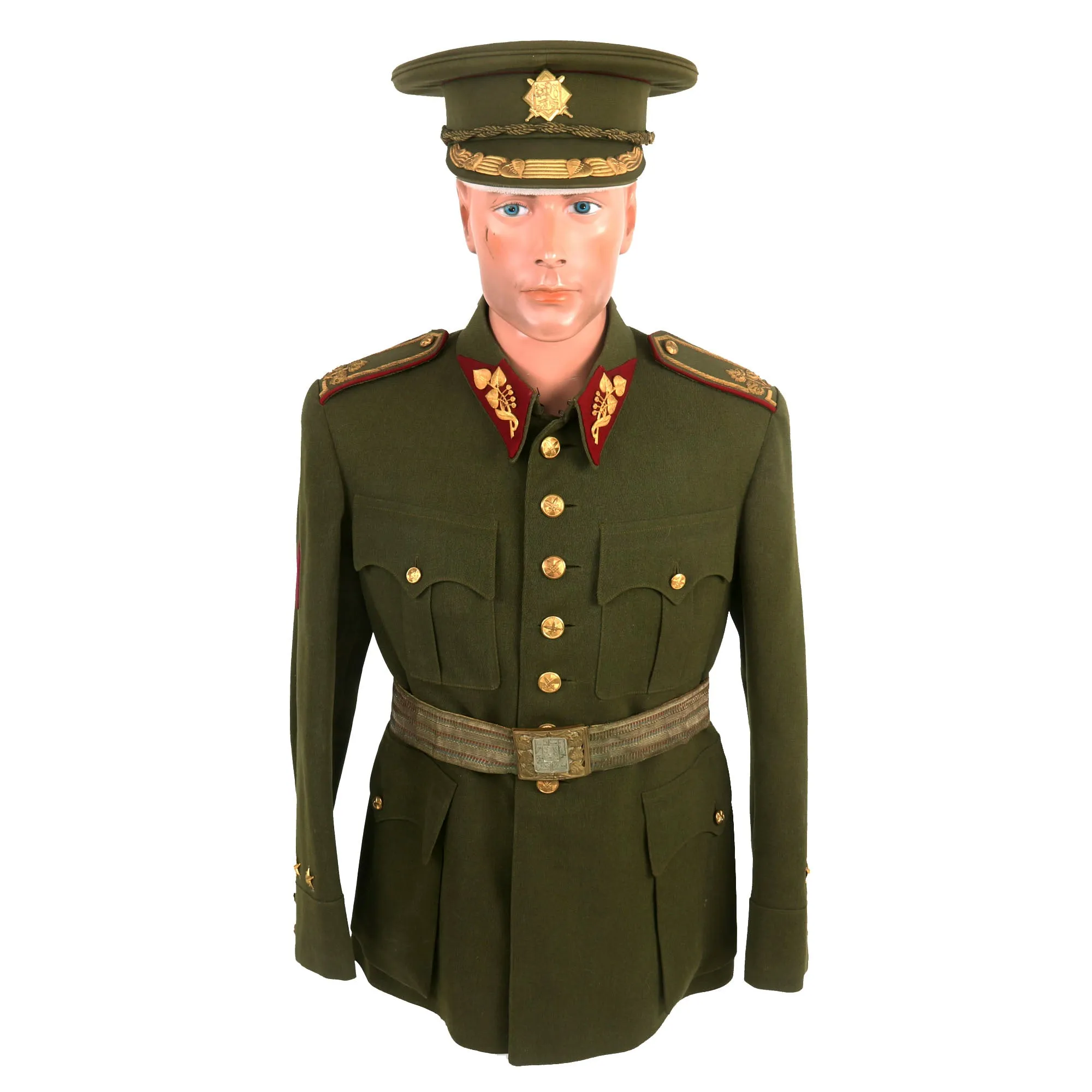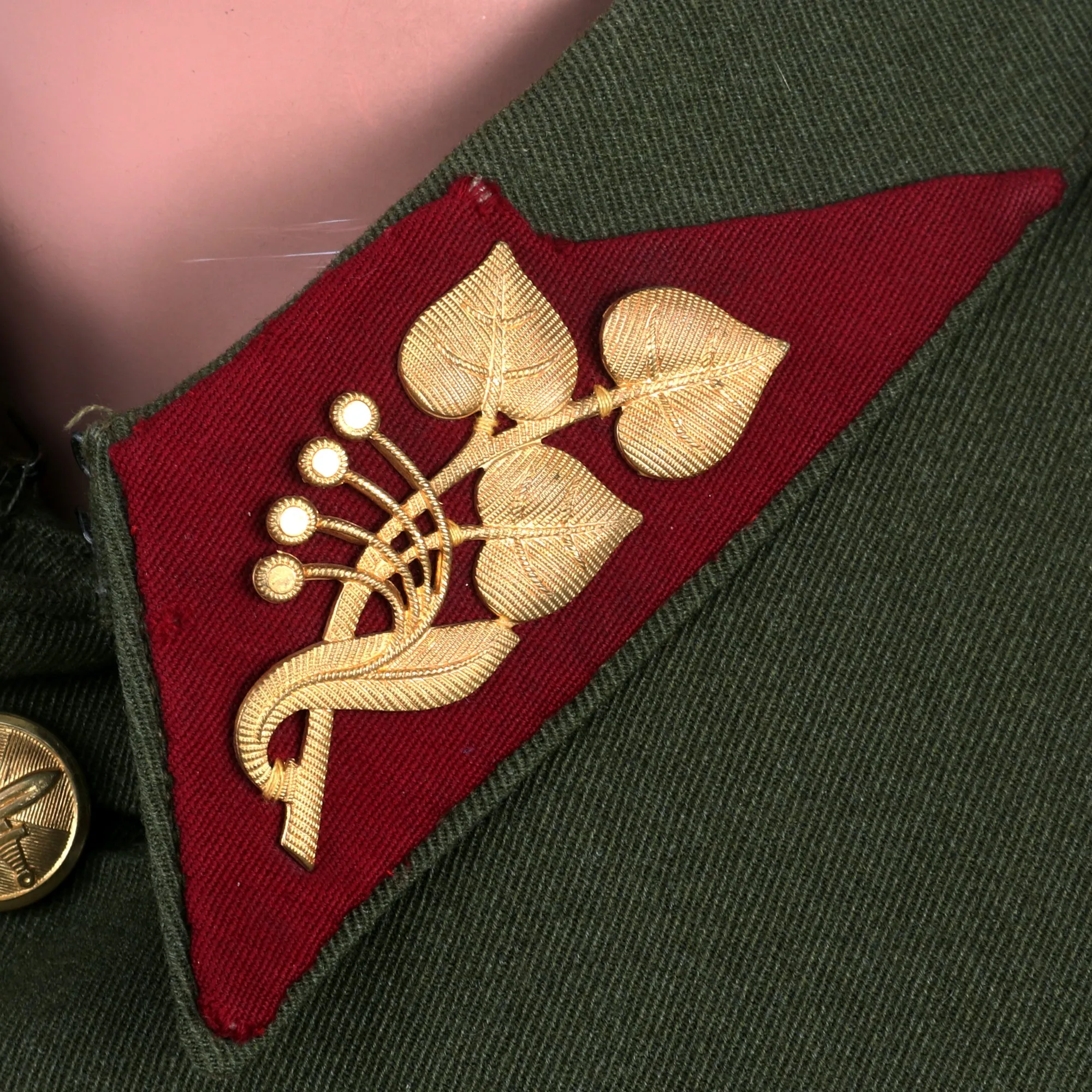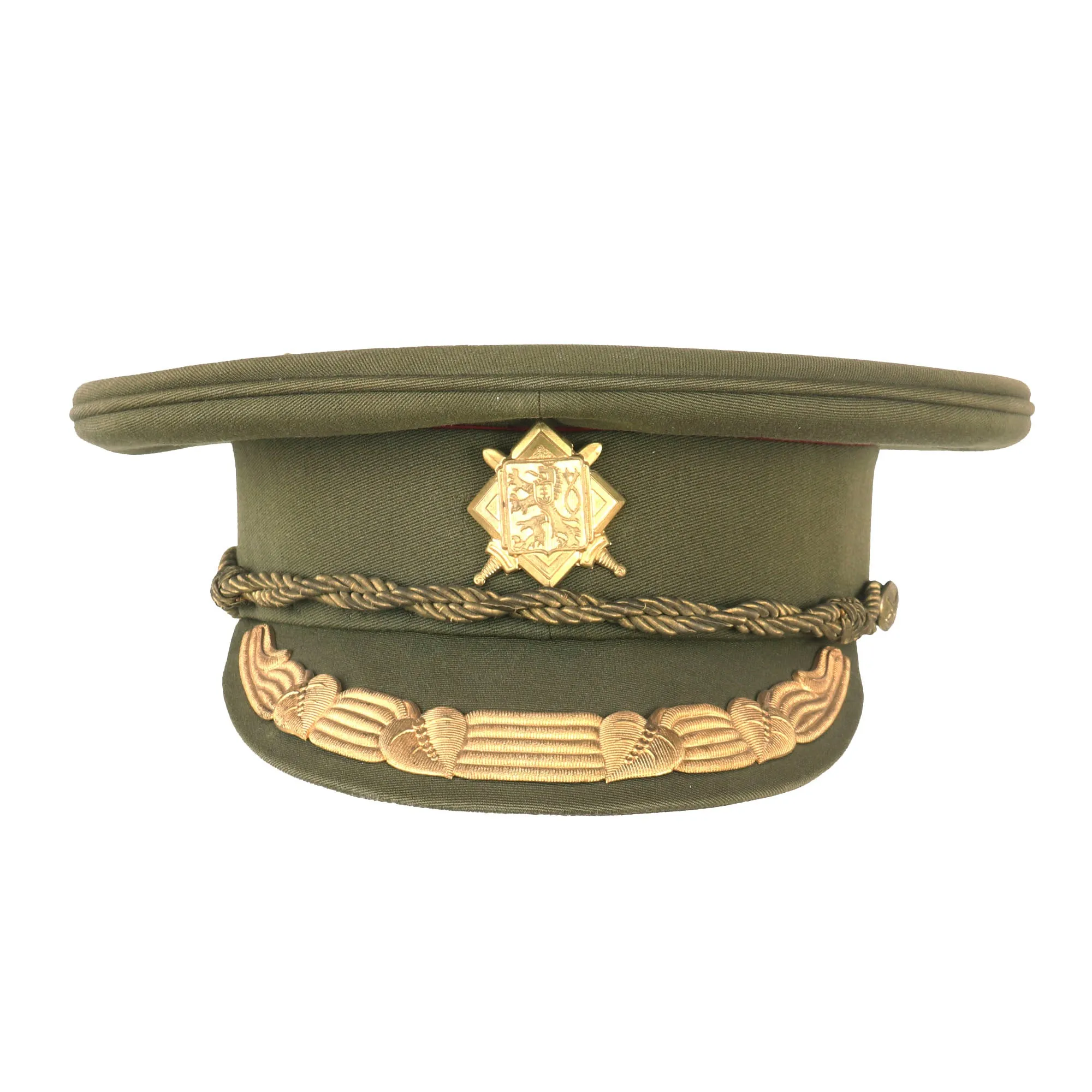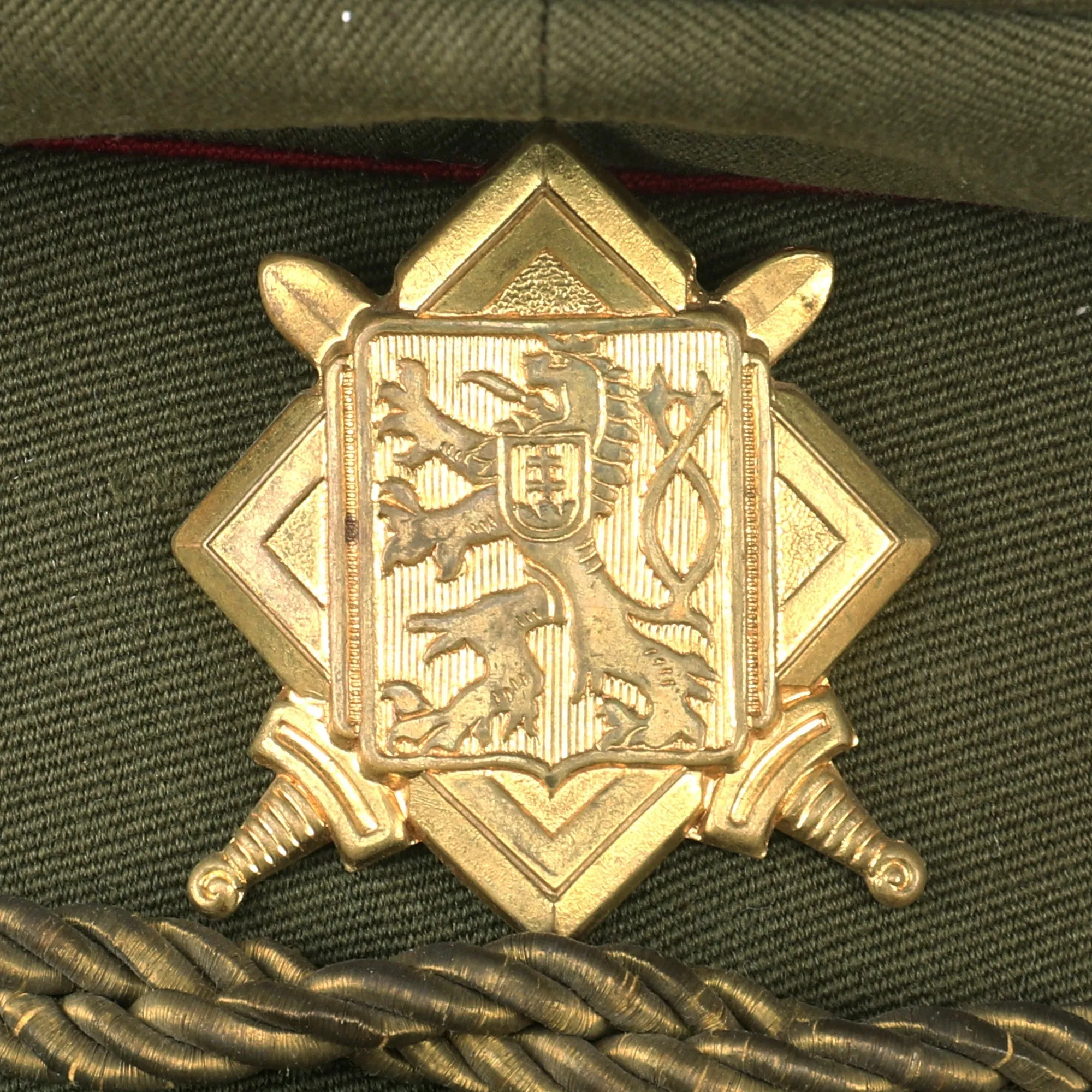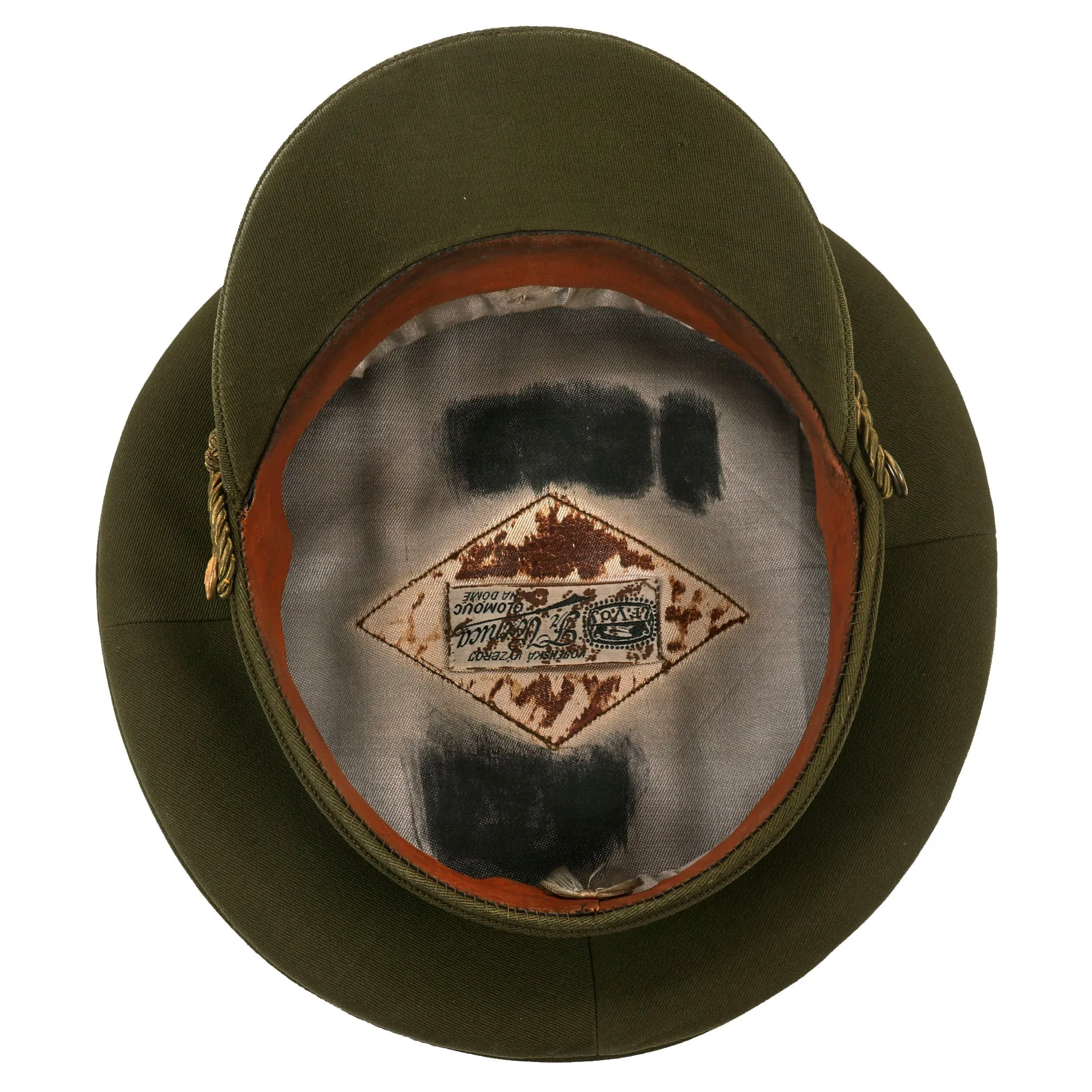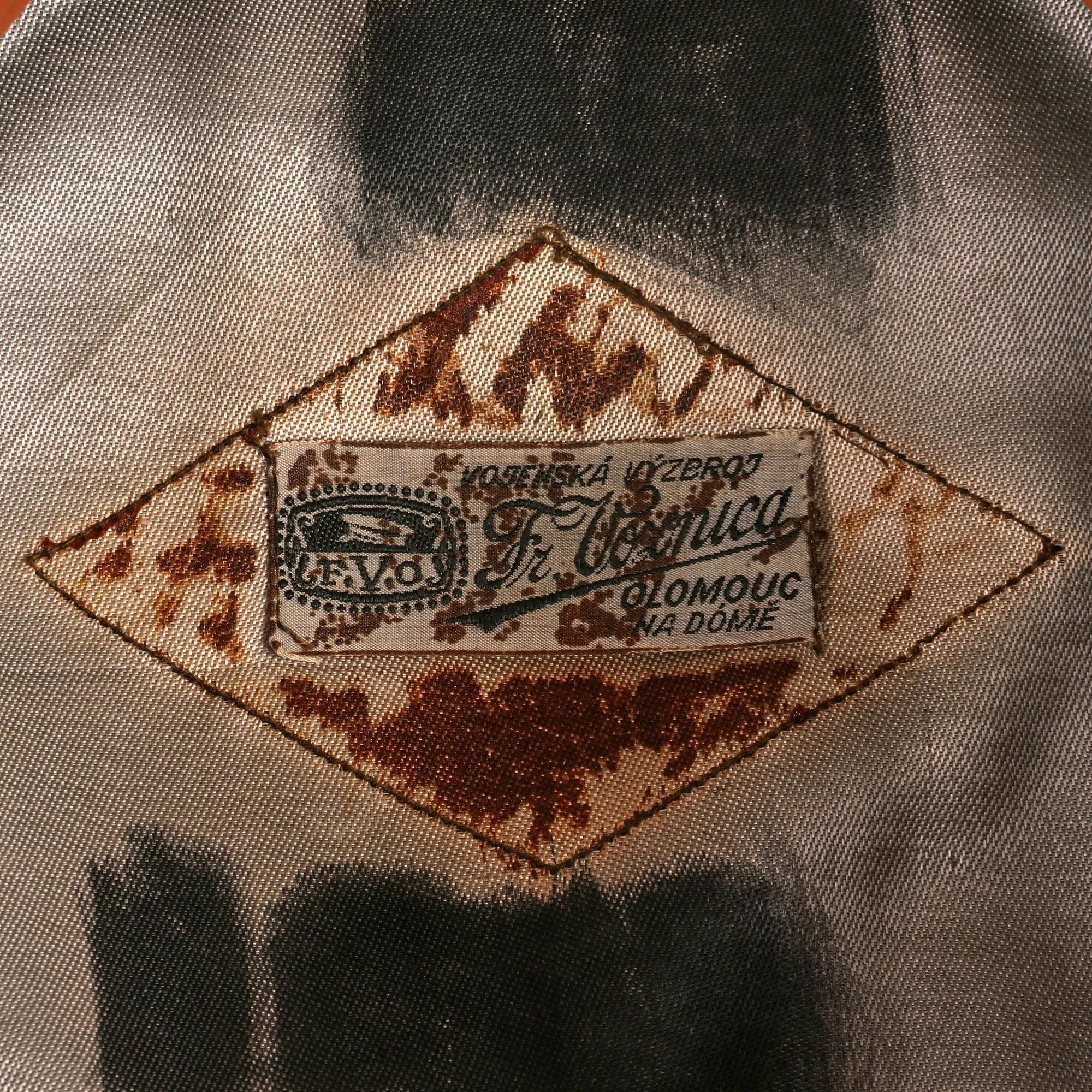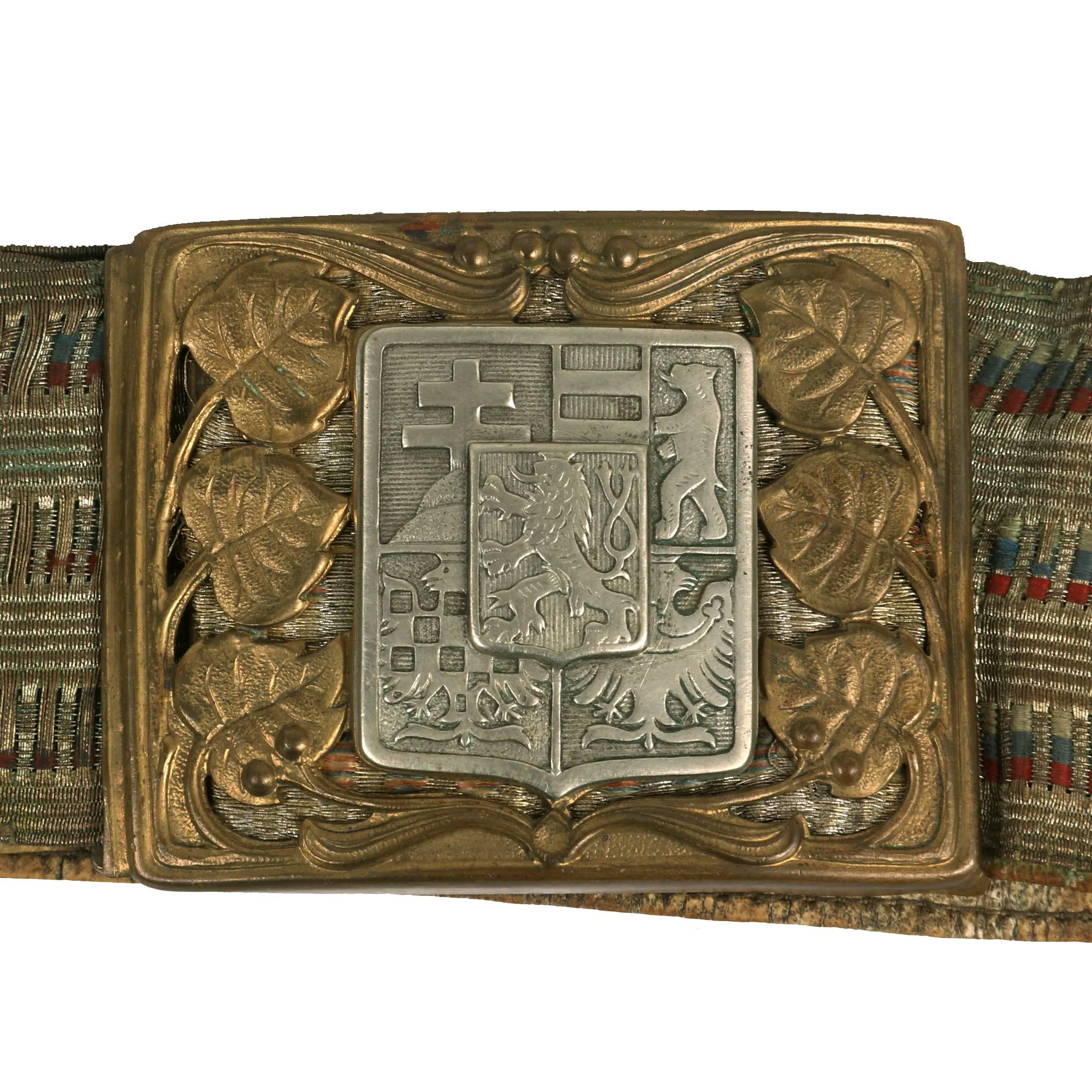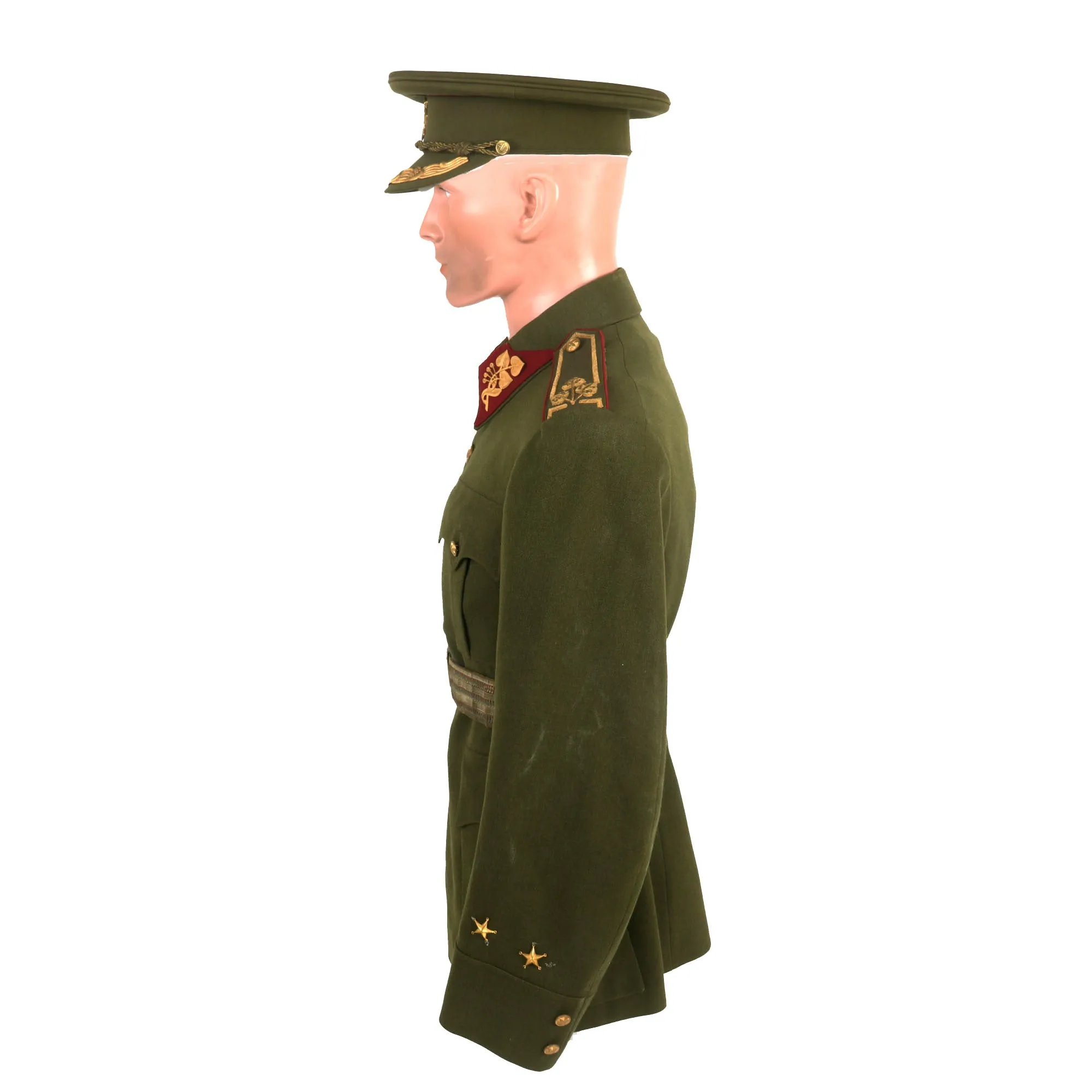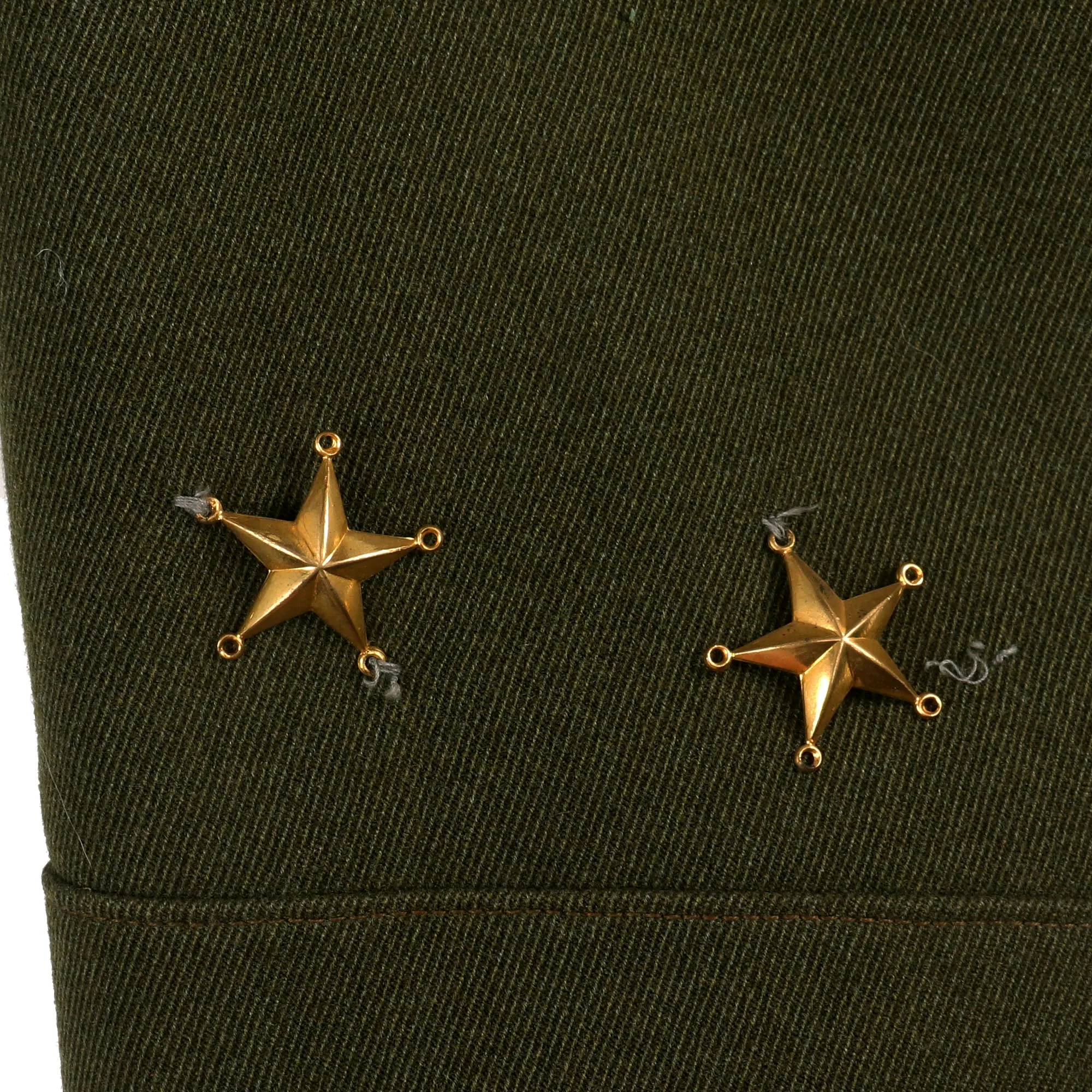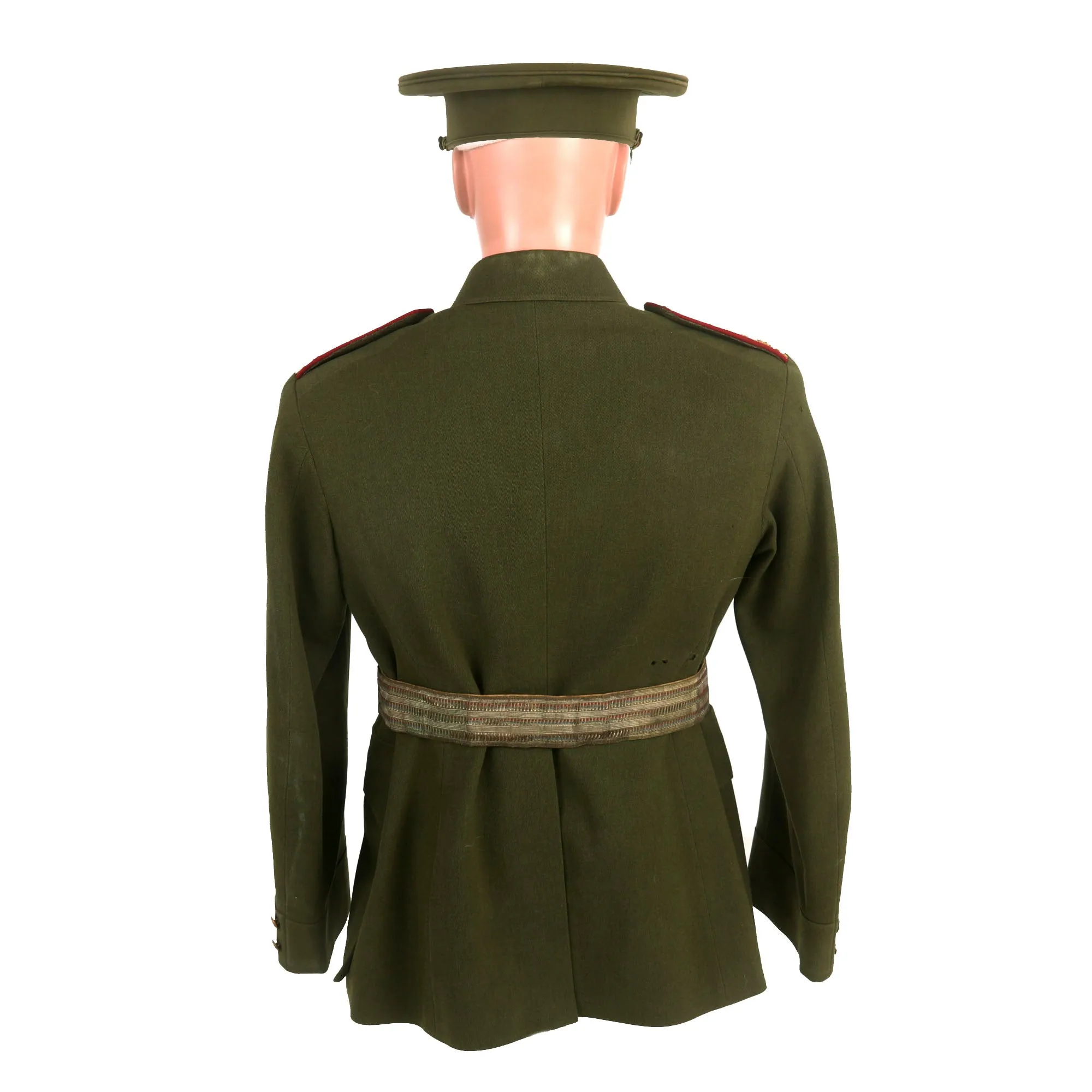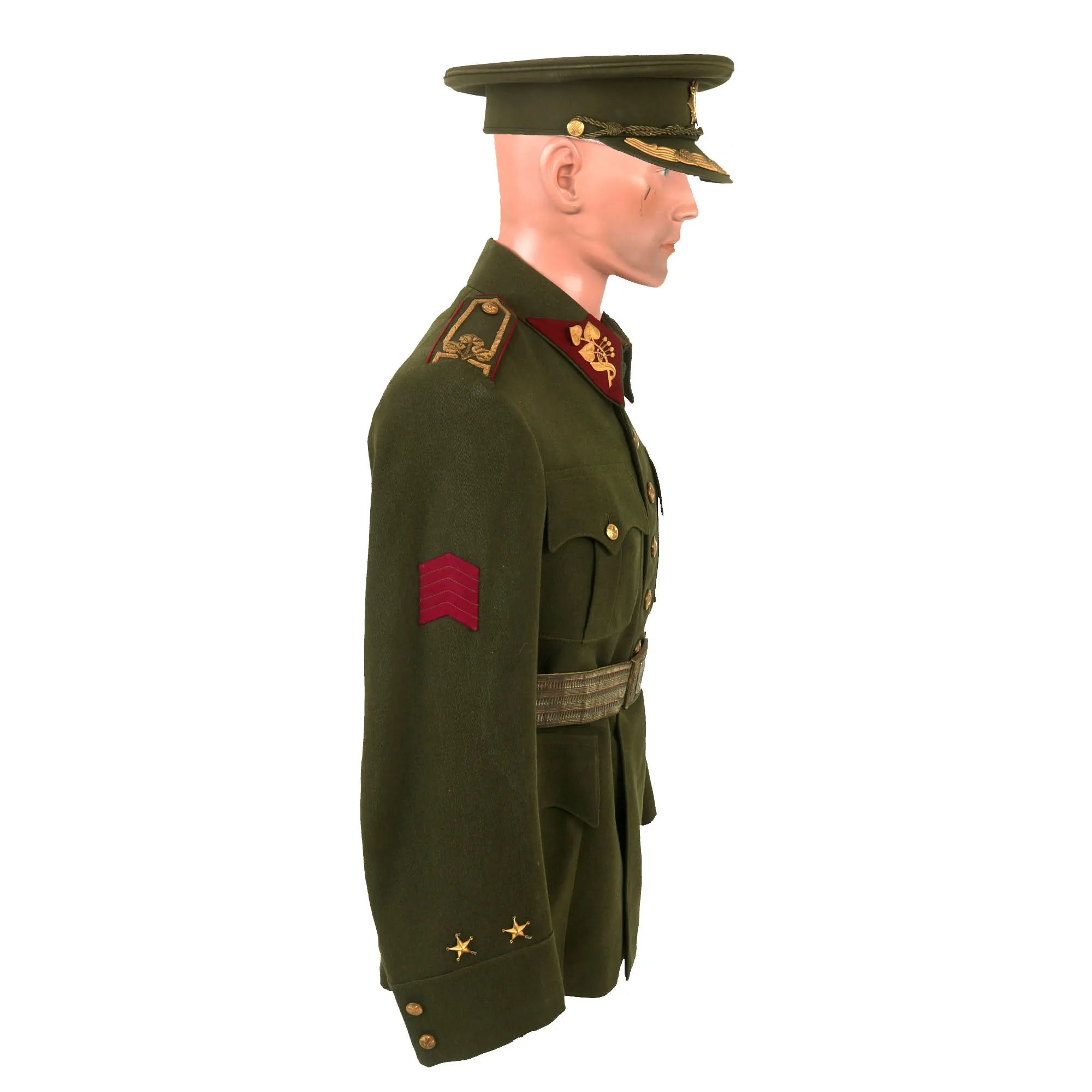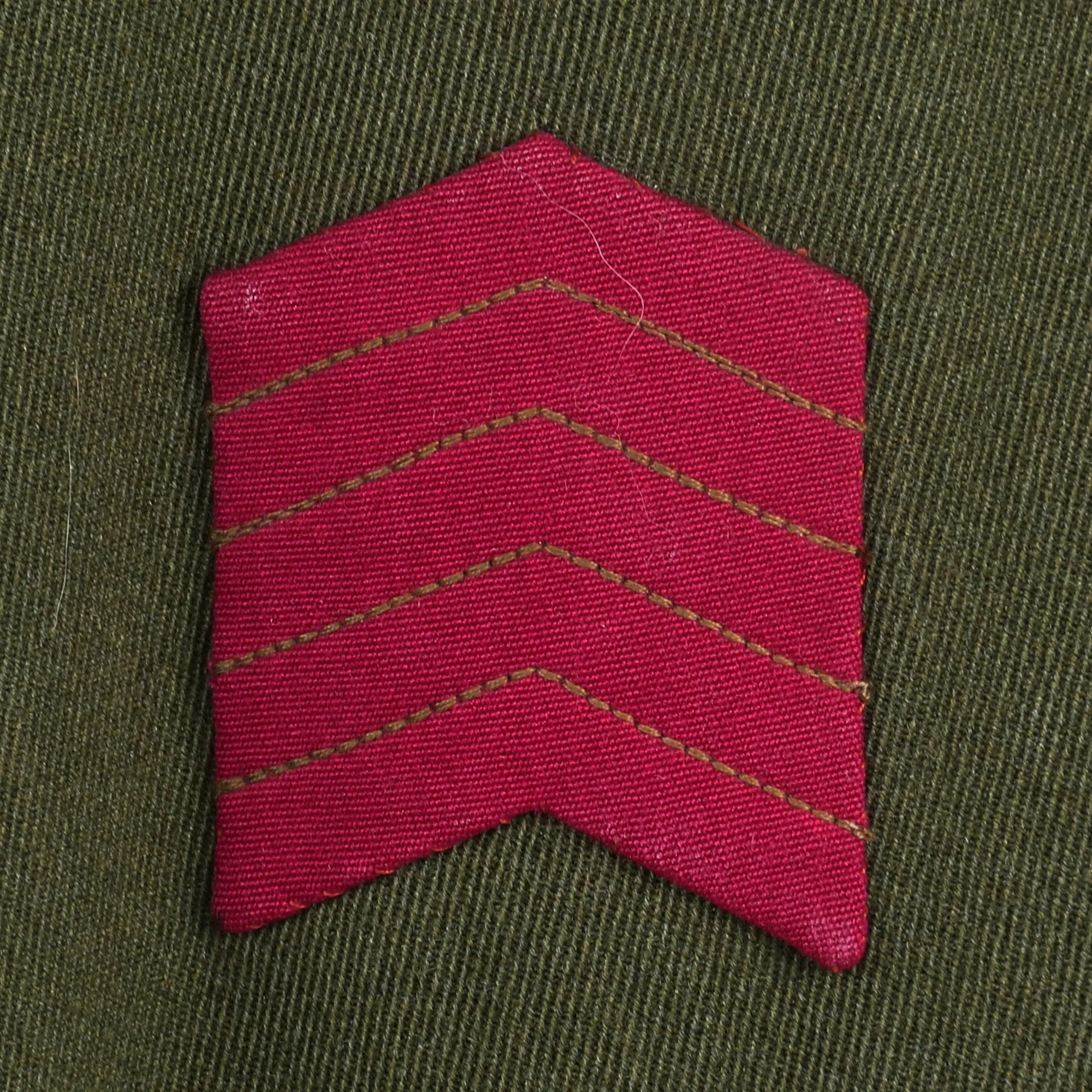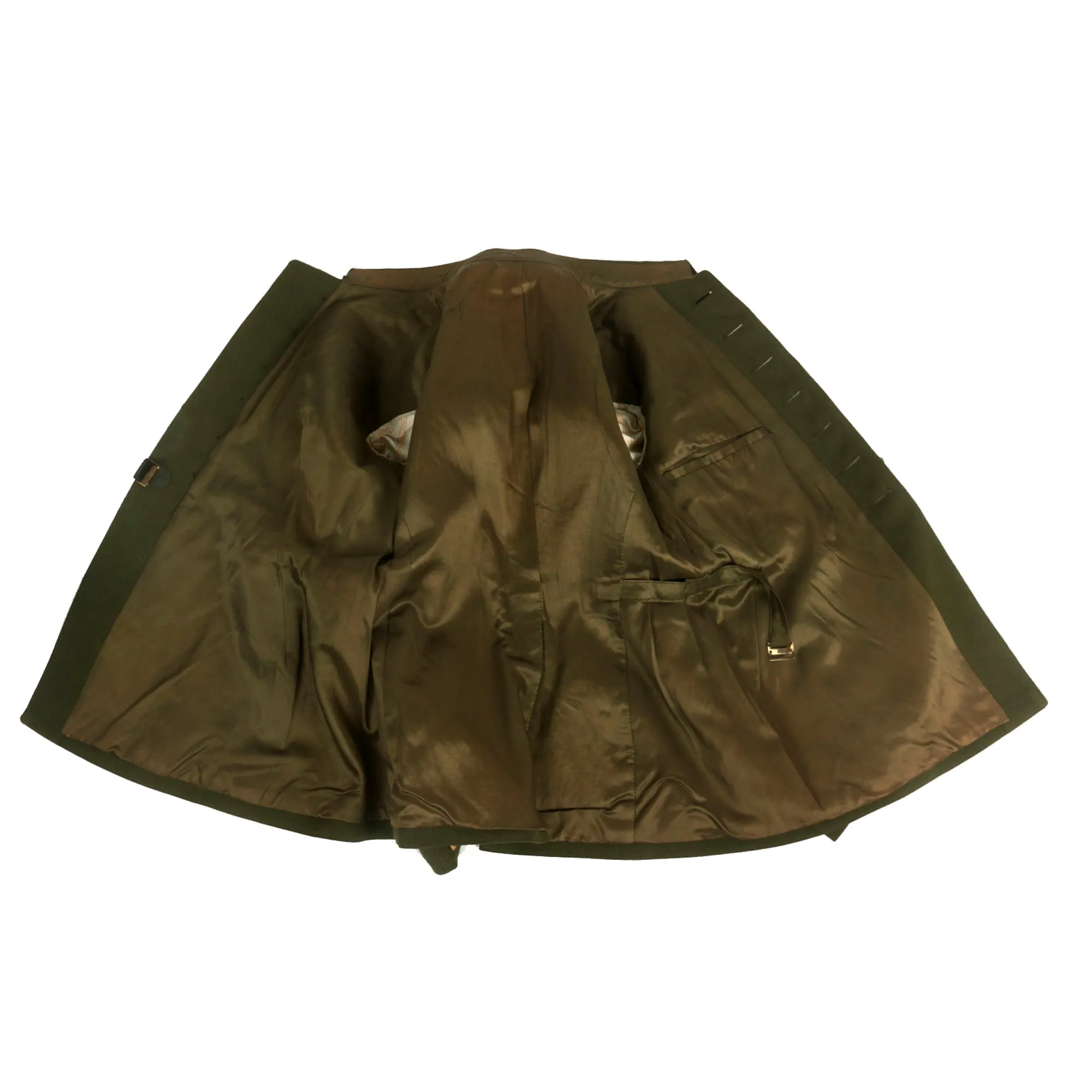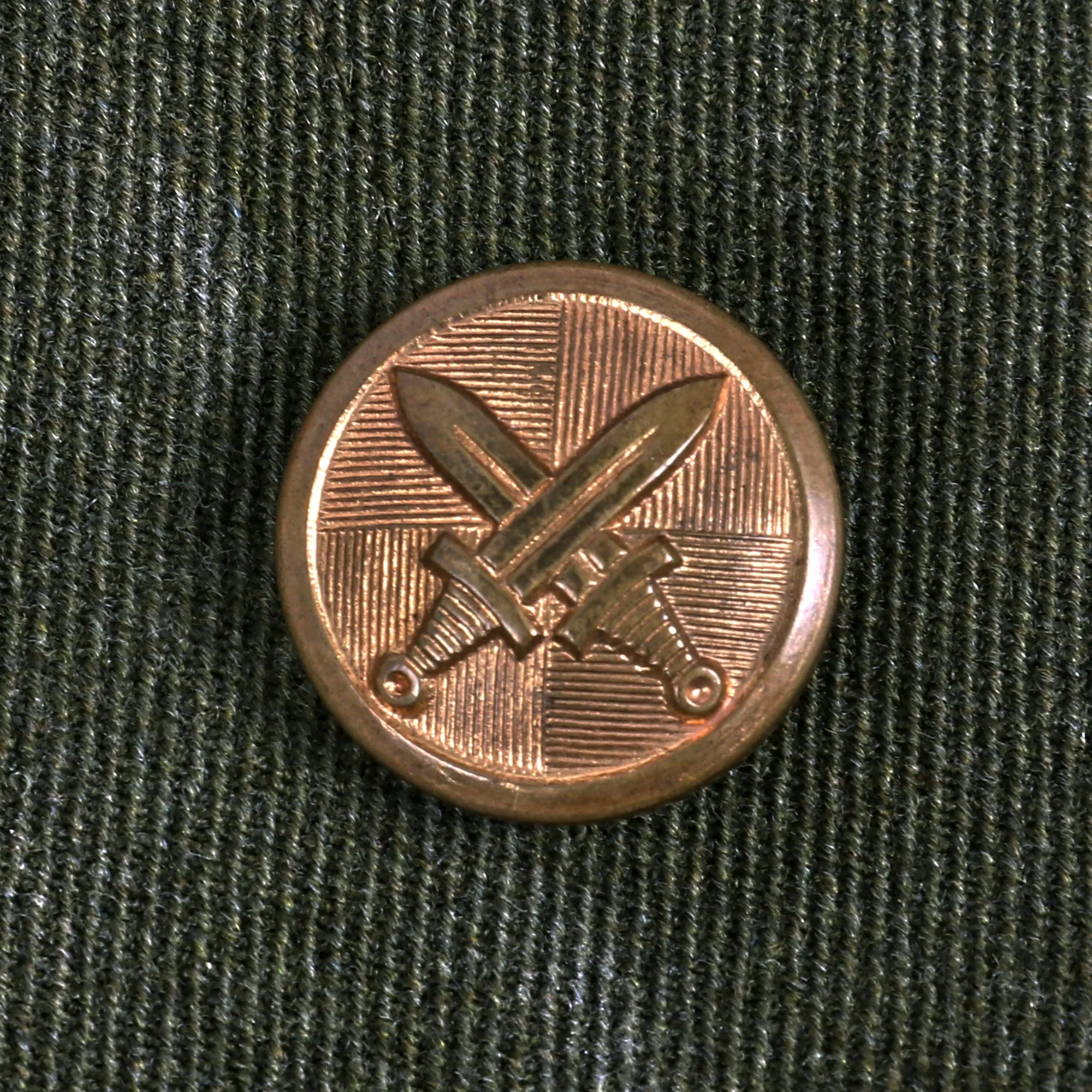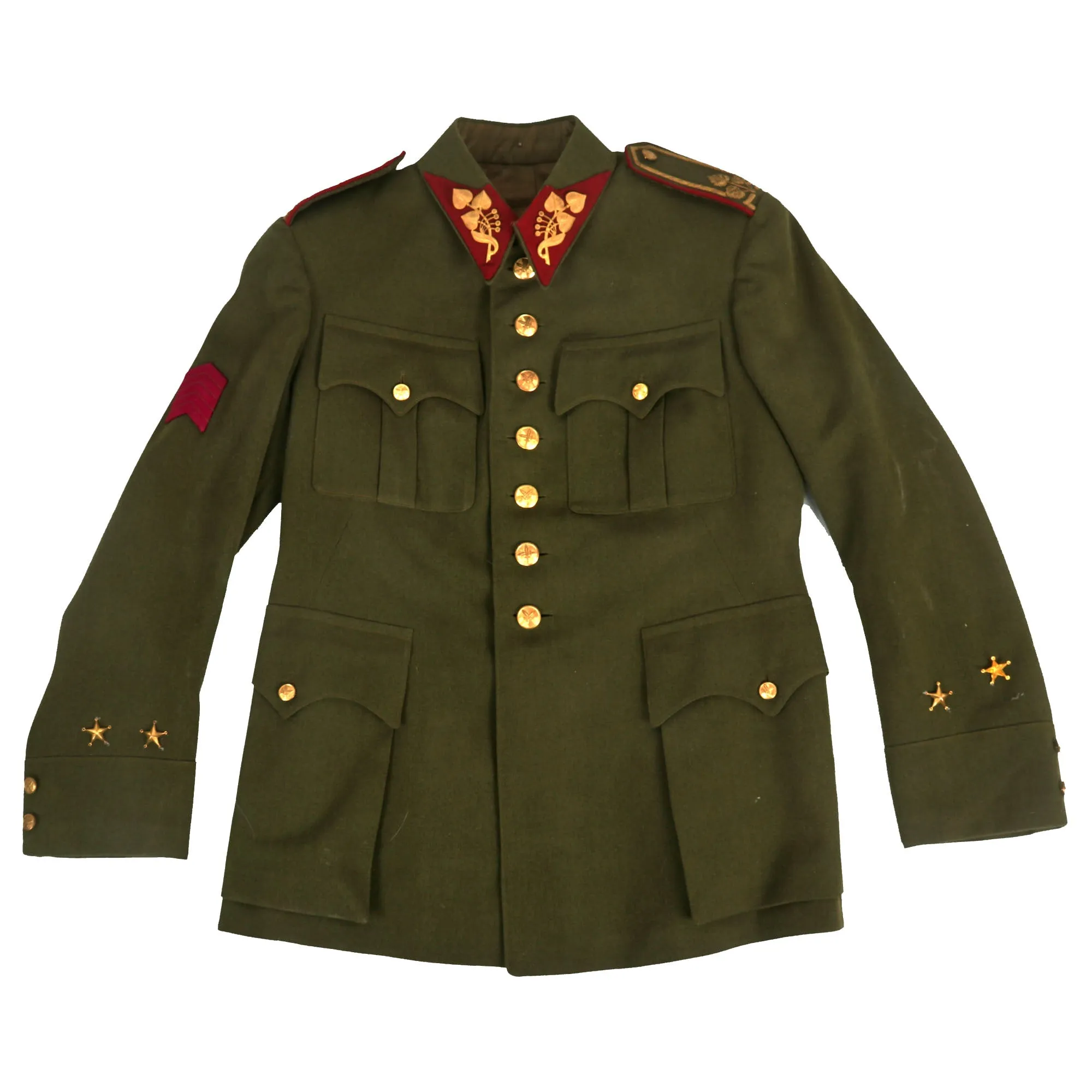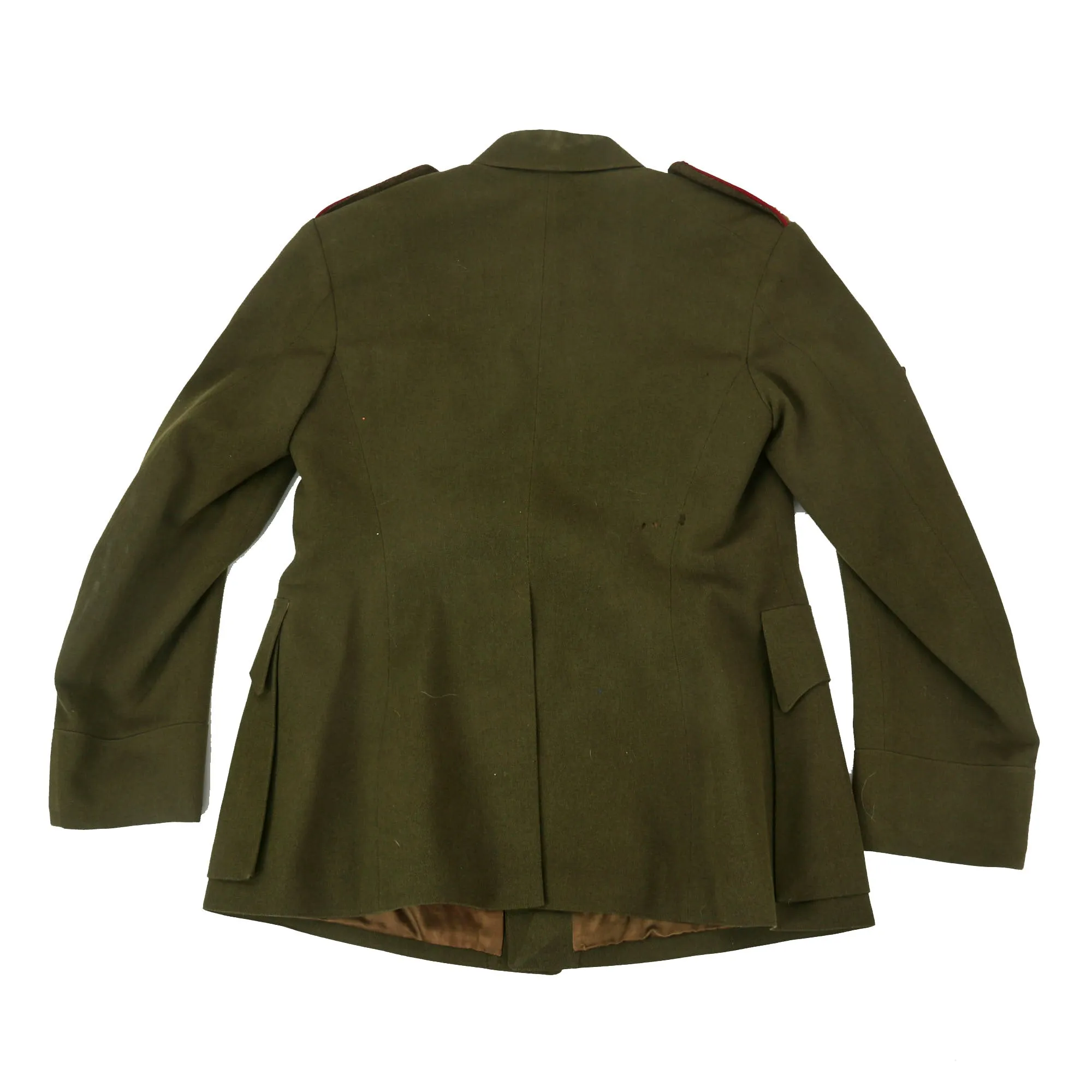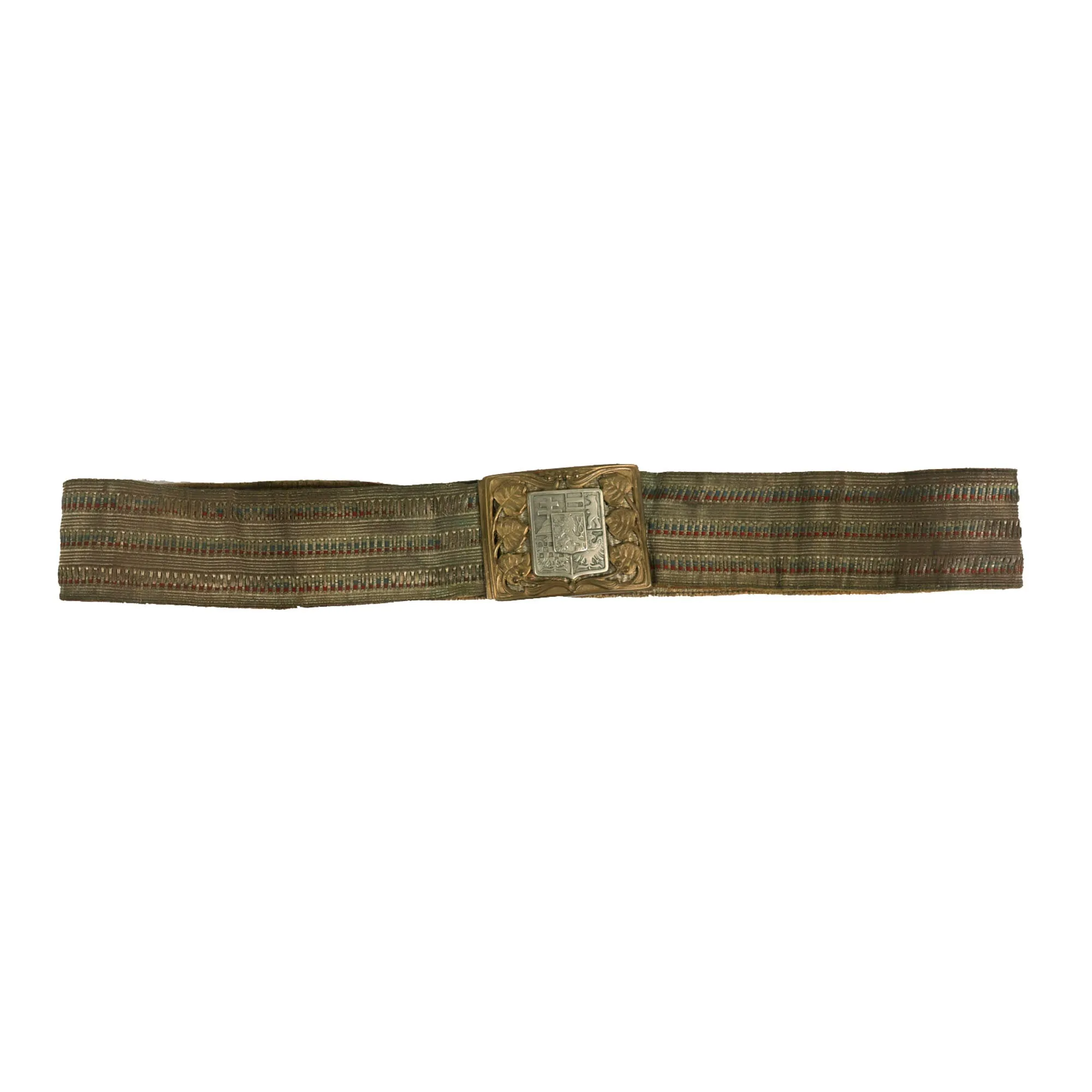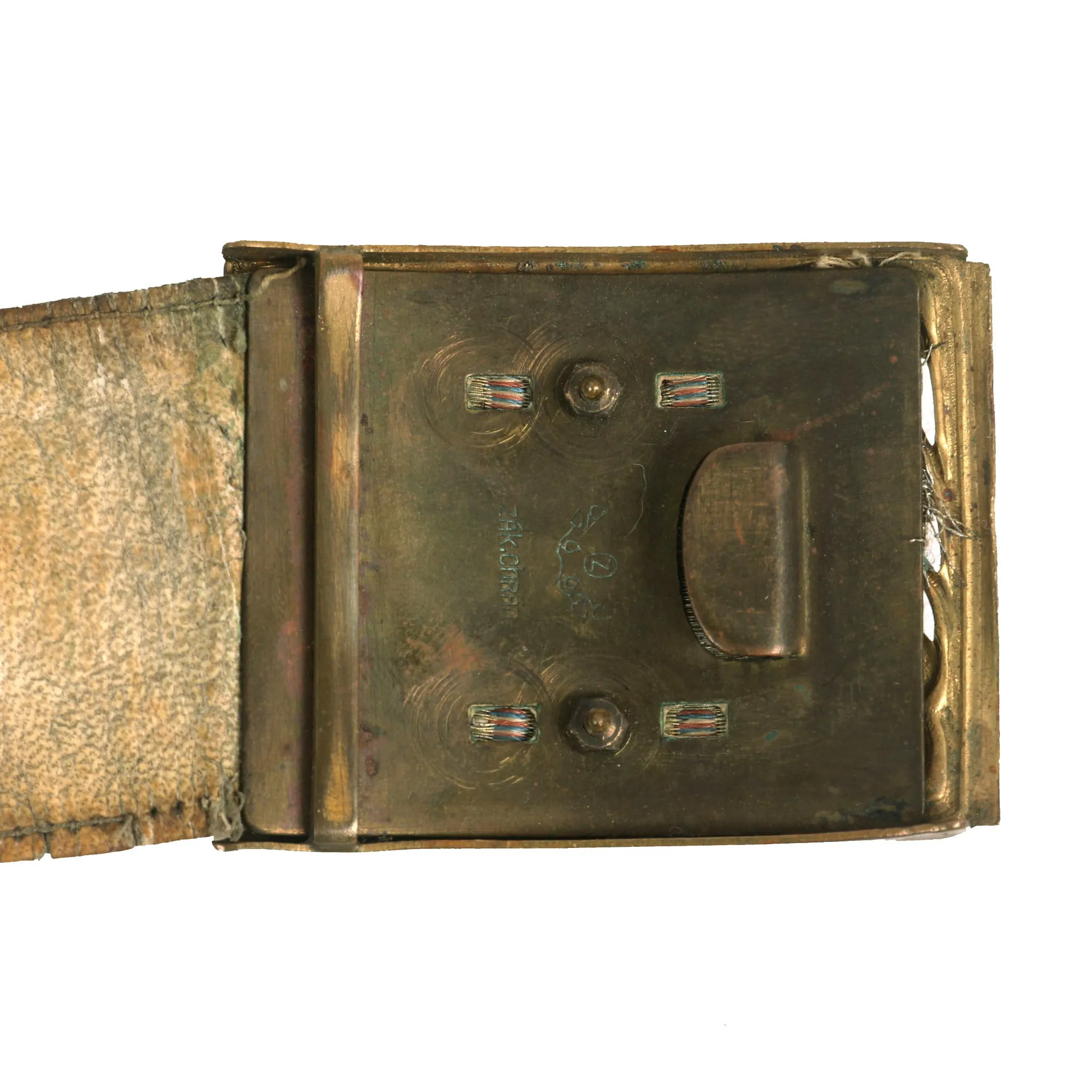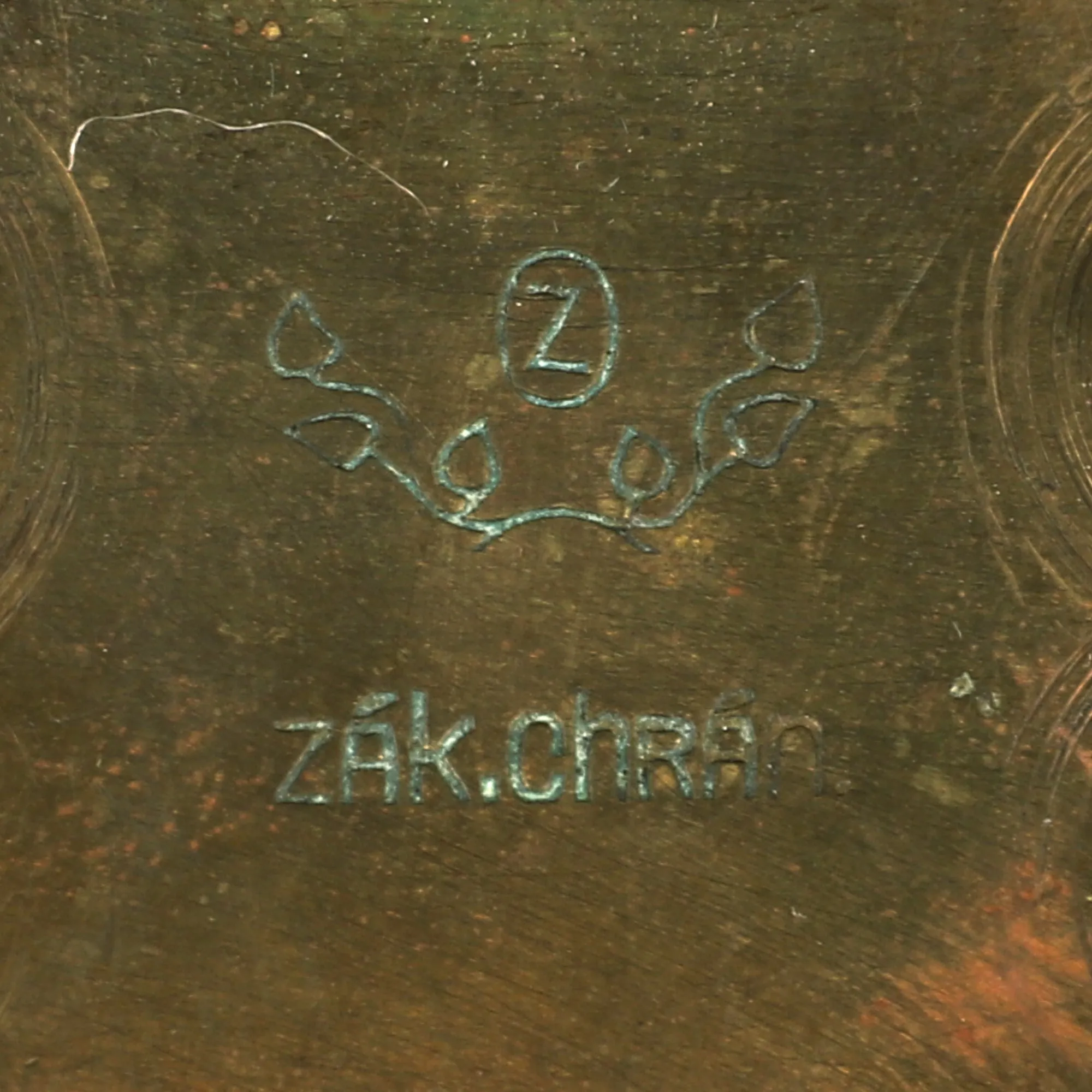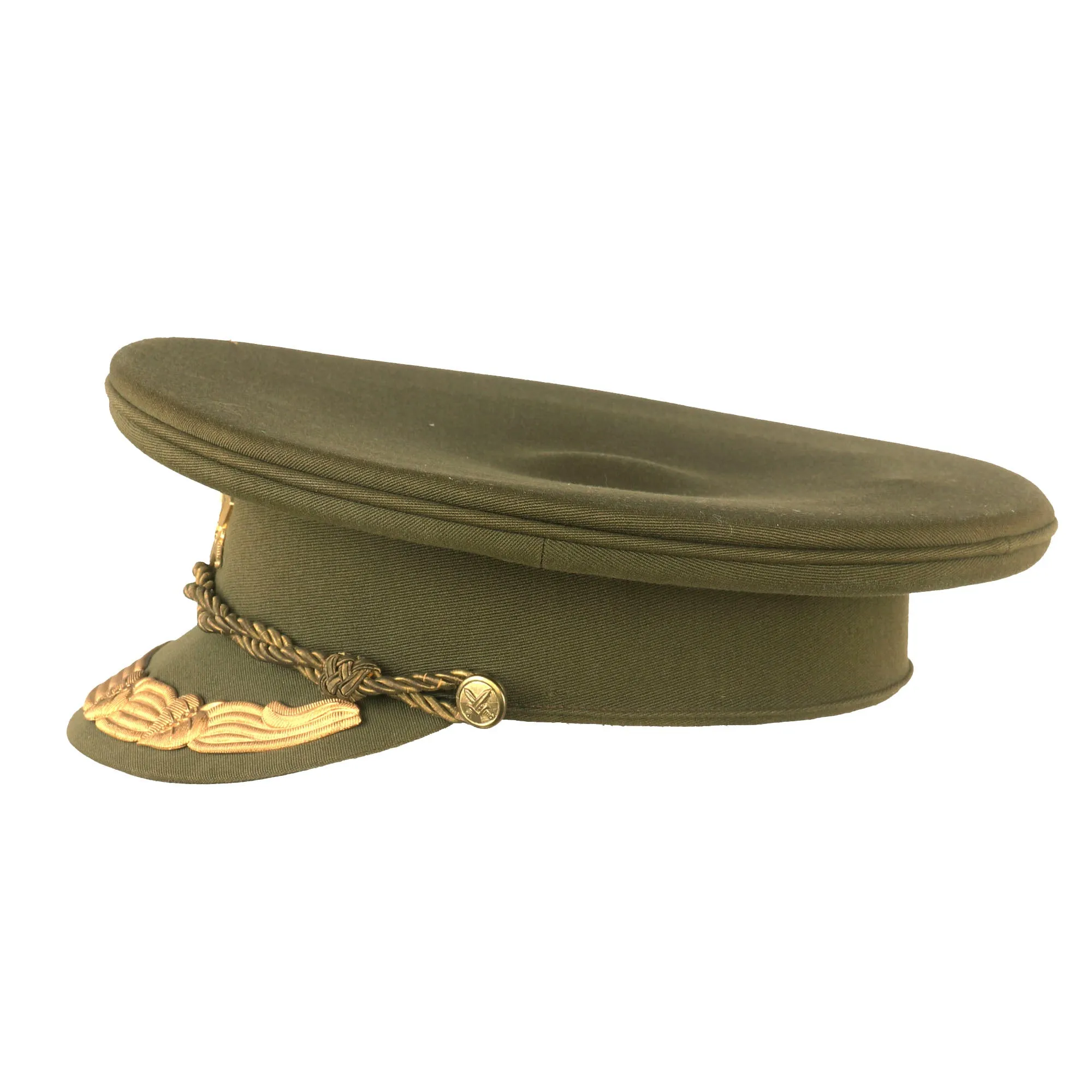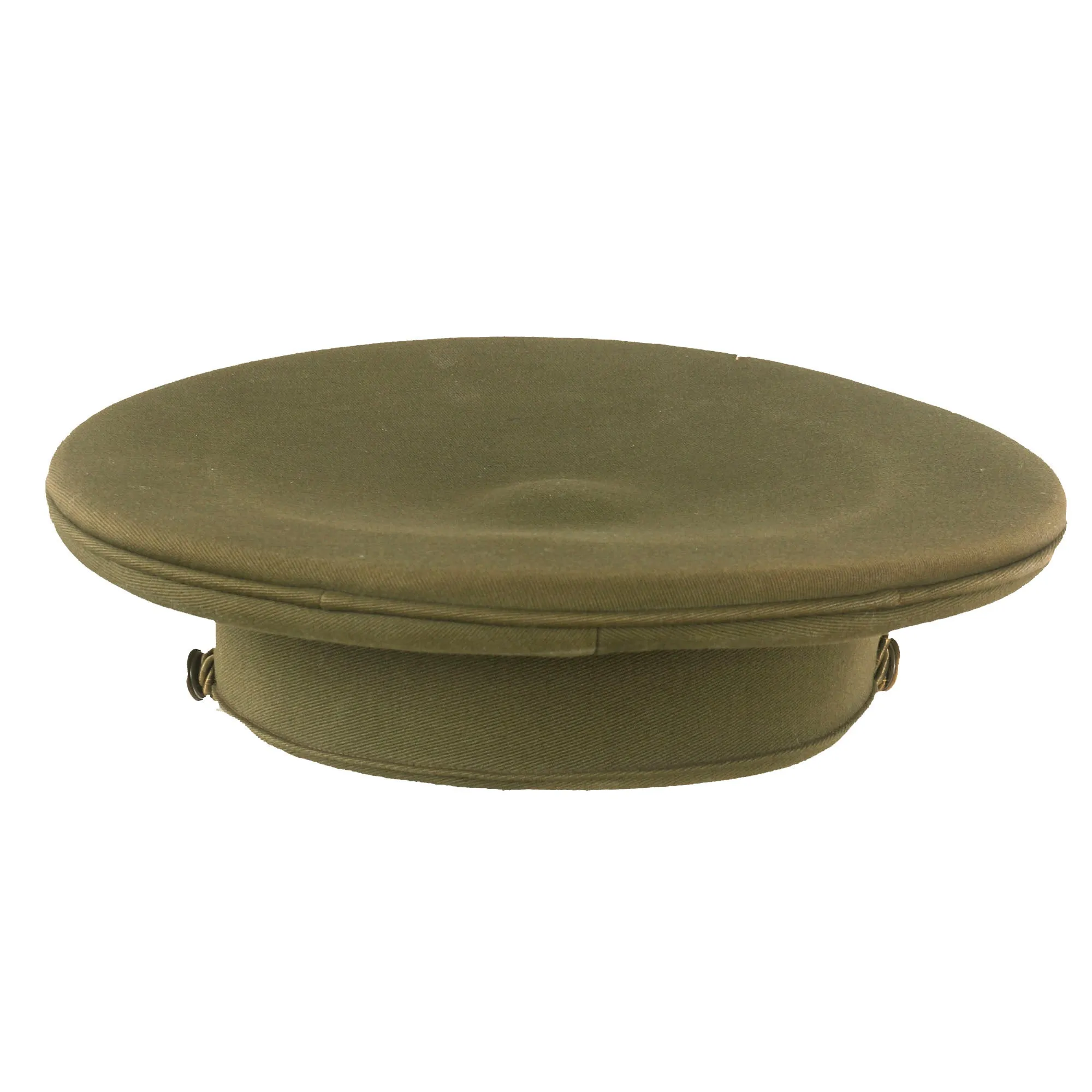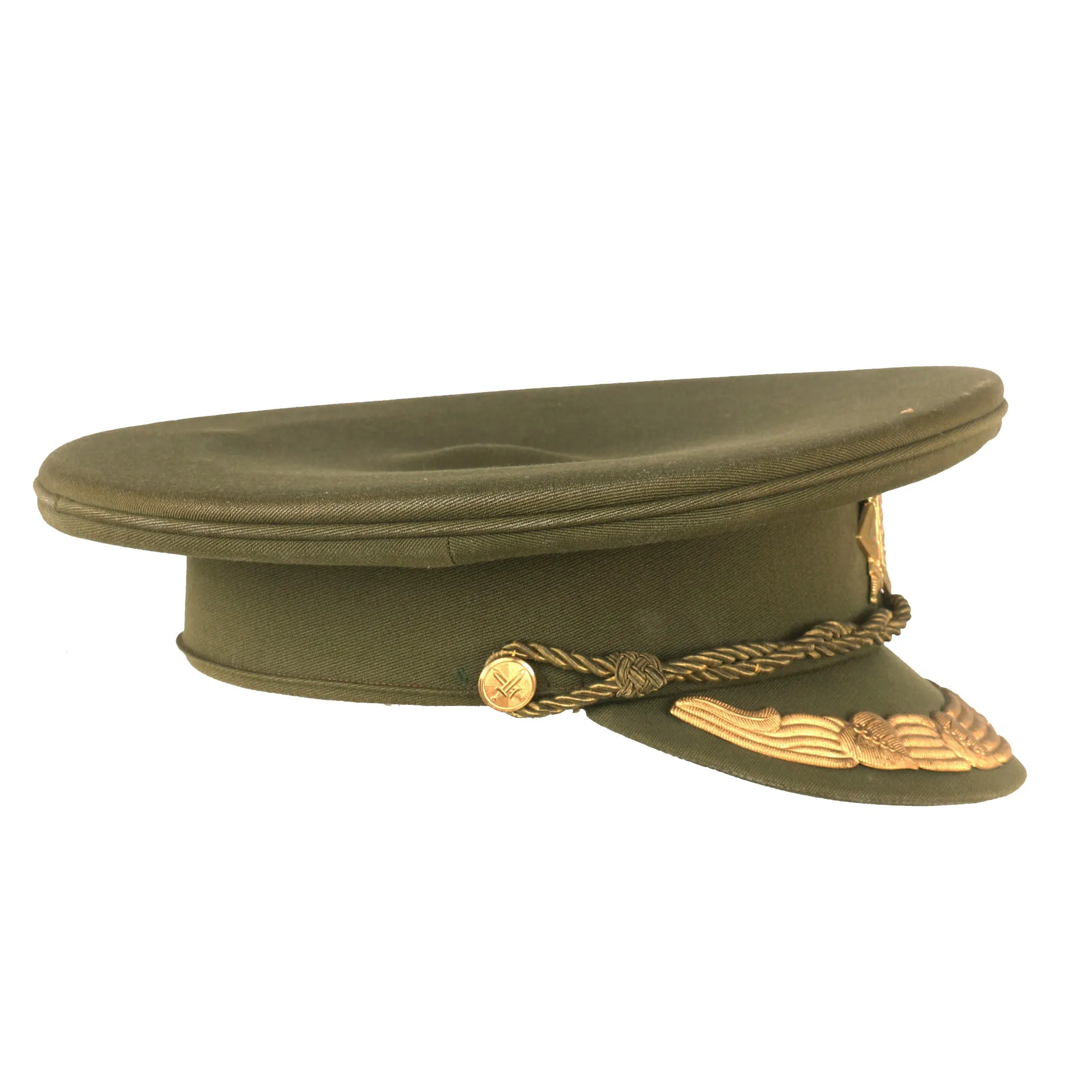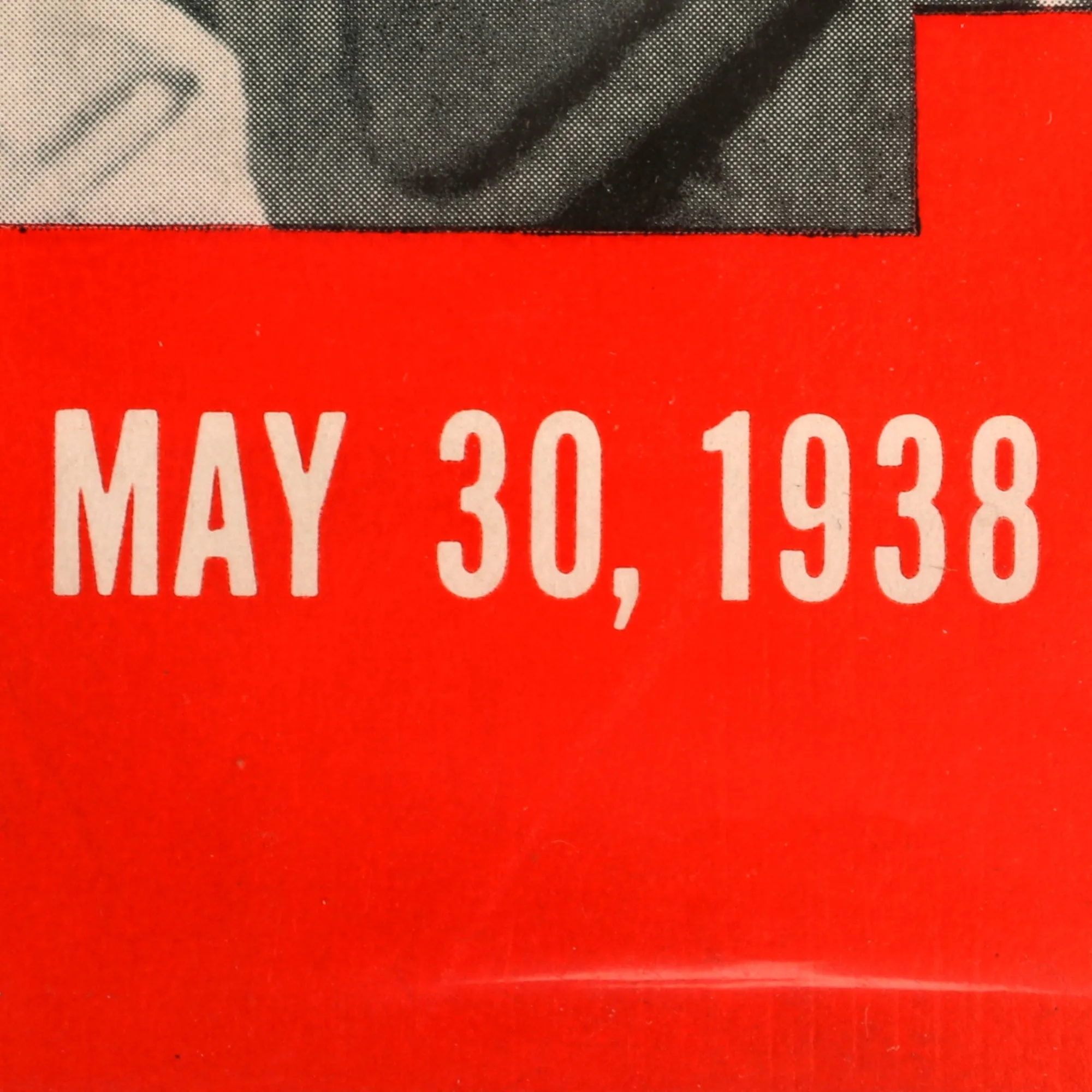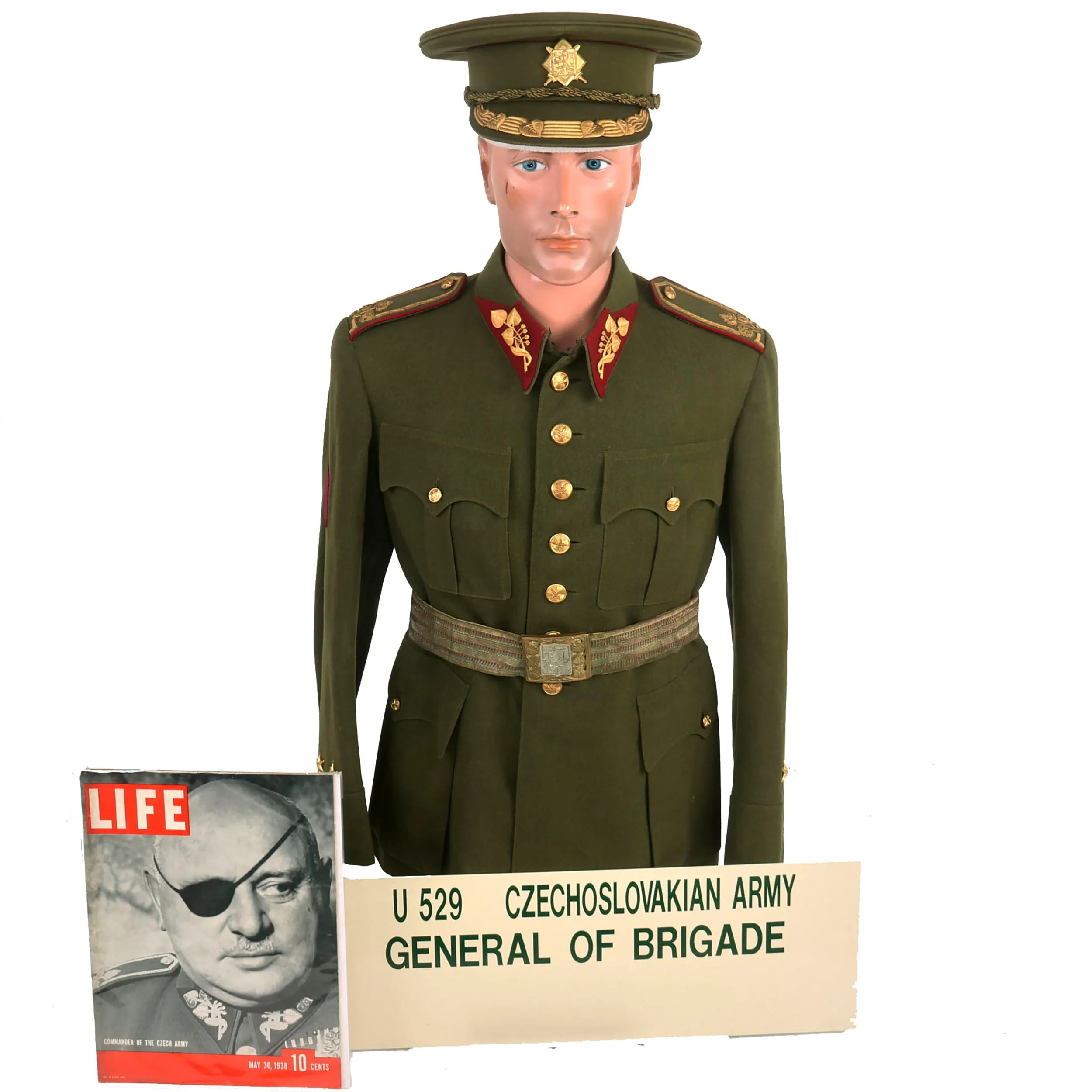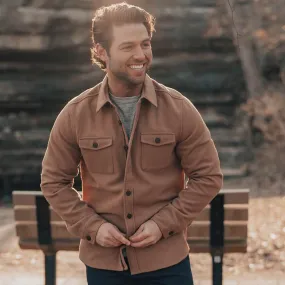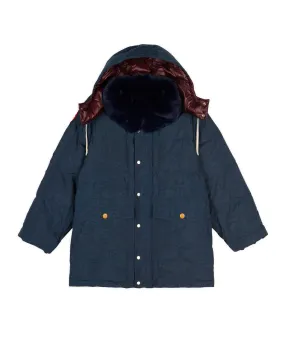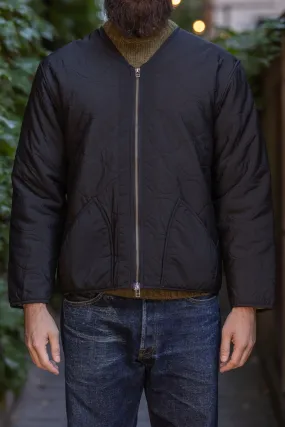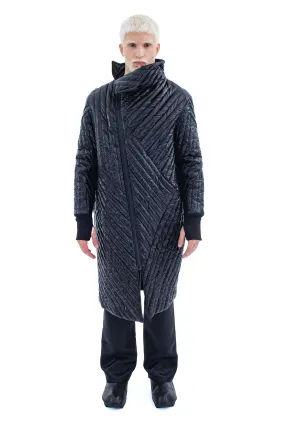Original Item: One-of-a-kind. Jan Syrový (24 January 1888 – 17 October 1970) was a Czechoslovak Army General who was the prime minister of Czechoslovakia during the Munich Crisis. Jan Syrový studied building at a technical school. Following his graduation in 1906, he became a one-year volunteer in the Austro-Hungarian army. After that, he studied at a technical college in Russia. During World War I, he fought in the Czechoslovak Legions of the Russian Army and lost his right eye at the Battle of Zborov.
By the end of the war, he commanded the Legions and the anti-Bolshevik forces on the Trans-Siberian railway. A well-known veteran commander, he served as Chief of Staff of the Czechoslovak Army from 1926 to 1933 and as its general inspector from 1933 to 1938. He helped to prepare the Czechoslovak Air Force with the help of Jan Antonín Baťa and moved military personnel and materials away from Germany.
This wonderful uniform came to us from the American Armoured Foundation, Inc. Tank and Ordnance Memorial Museum. The AAF Tank Museum was a living memorial dedicated to the Tank and Cavalry soldiers of the world. Before 1981 some of the artifacts that make up the AAF Tank Museum was a private collection belonging to Mr. William Gasser. Mr. Gasser felt that his collection would be beneficial in educating present and future generations to the sacrifices made and the technologies gained during war. Therefore, in 1981 the AAF Tank Museum was established as a non-profit charitable organization, and Mr. Gasser's donated his private collection to the Tank Museum. Mr. Gasser is still active as Volunteer Director and Curator of the Tank Museum and his knowledge of military history has been a great asset to the museum. Unfortunately after 20 years of operation it had to close its doors, which is when this set was acquired.
Included in this uniform set attributed to Jan Syrový are the following pieces:
- Czech Commander of the Army tunic with dark green wool construction, purple cotton facings and trim and gold bullion wire embroidery. If you study the photo of General Syrový on the cover the the 1038 Life Magazine the uniform, specially the color insignia and shoulder boards look to be identical to this jacket. The jacket has four pockets and a seven button single breast opening. Cuffs bear two metal stars held down with stitched anchors and two cuff buttons. The jacket has no maker label or markings of any kind.
Size is approximately a US 38/40.
Approximate Measurements:
Collar to shoulder: 9.5"
Shoulder to sleeve: 25.5”
Shoulder to shoulder: 15”
Chest width: 19"
Waist width: 21"
Hip width: 24"
Front length: 31"
- Czech Commander of the Army peaked visor cap in approximate size 7 US (56cm). Dark green wool construction, purple cotton piping, metal cap badge of the Czech Army Coat of Arms and visor adorned with "gold" plate and twisted gilt chin strap. Interior retains original Czech maker label.
- Czech Commander of the Army gilt waist belt with elaborate brass and silver buckle bearing the Czech National Coat of Arms.
- Original Issue May 30, 1938 Life Magazine with Jan Syrový on the cover.
History of Jan Syrový:
Munich Crisis
When Milan Hodža's government resigned on 23 September 1938, President Edvard Beneš appointed Syrový to head a national unity government. Syrový demurred at first by insisting that he was just a soldier, not a politician, and that he lacked the qualifications and the relevant experience for such an important post. Beneš told Syrový that the nation needed him and added that as a soldier, Syrový should consider it as not an offer but an order. With some reluctance, Syrový then accepted and took the defense portfolio as well.
As Prime Minister, he was forced to accept the terms of the Munich Agreement on 30 September. Announcing the acceptance of the agreement in a nationwide radio address, he stated that Czechoslovakia was not in a position to turn the agreement down because without British or French support, the country was outnumbered and any conflict would result in severe casualties. "We were abandoned", he said. "We stand alone".
After the resignation of Beneš on 5 October, Syrový assumed most presidential duties, in accord with the Czechoslovak Constitution until Emil Hácha was duly elected President on 30 November 1938.
He resigned the premiership on 1 December 1938 and remained as Minister of National Defence until 27 April 1939. He did not join the anti-German resistance since he was too well-known a figure for his involvement to be anything other than a liability. However, he arranged the transfer of substantial sums from a Legionary relief fund to assist the resistance and the people facing persecution.
Later life
On 14 May 1945, in the immediate aftermath of the war, Syrový was arrested and charged with collaboration although he had consciously steered clear of that as far as his office allowed. In a show trial of alleged collaborators in 1947, the National Court found him guilty, along with Rudolf Beran, and sentenced him to 20 years of imprisonment in severe conditions.
Released in 1960 by Antonín Novotný's amnesty, Syrový was left with no pension or any means of maintenance, and the communist regime barred him from employment. Eventually, he was allowed to work as a nightwatchman, guarding Luděk Marold's panorama of the Battle of Lipany. Not until late 1967 would the regime grant him a limited retirement pension.
Syrový was deeply wounded by the verdict of the National Court and remained so for the rest of his life. His own conscience was clear, and he never came to terms with the apparent injustice of the decision. He reviewed his trial in an interview for the Report Magazine in 1968 and stated that there were three critical pieces of evidence laid against him. The first was a snapshot of himself shaking hands with Adolf H during a meeting that he was obliged to attend at the Prague Castle. He had made a speech of reassurance as to Czechoslovakia's future under the 'protection' of the Reich and then held out his hand to Syrový, and the photographers immediately took a picture.
Another photograph provided the second piece of evidence, which was taken at a government banquet that showed Syrový sitting alongside Konrad Henlein. Syrový stated that the picture was taken out of context, to be used for NSDAP propaganda.
The third piece of critical evidence was an arms contract with NSDAP Germany. Syrový stated the weapons sold had been obsolete items from the First World War, which were no longer of any use to Czechoslovakia, and that the weapons had been sold to German private companies. He also stated that the decision to sell was made ultimately not by him alone but by the government as a whole. Syrový felt that if the Czechoslovak allies had offered their promised help, he would never have had to accept the Munich Agreement, but under the circumstances, the Czechoslovak Army had no chance of success on its own.
Syrový died on 17 October 1970.




